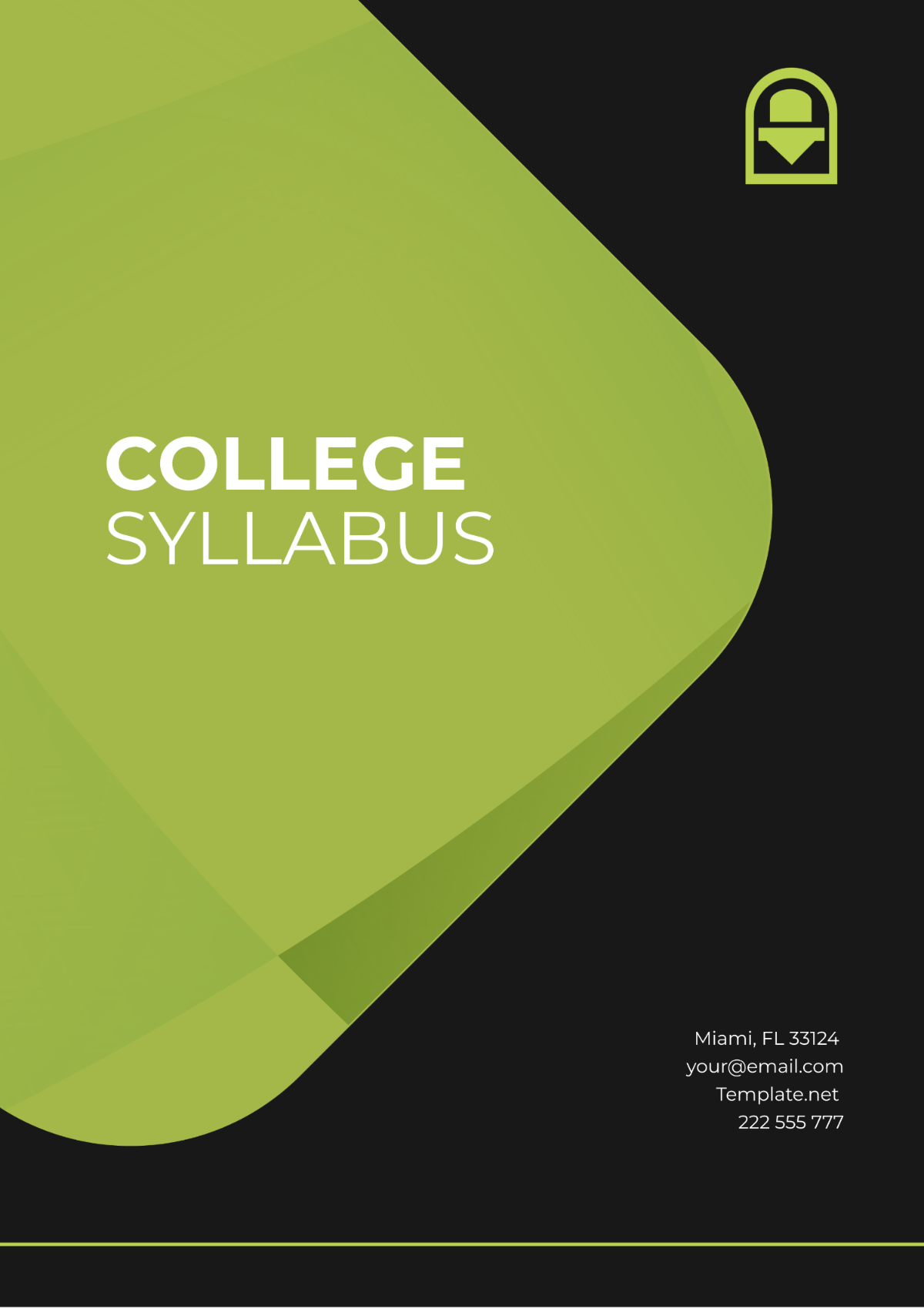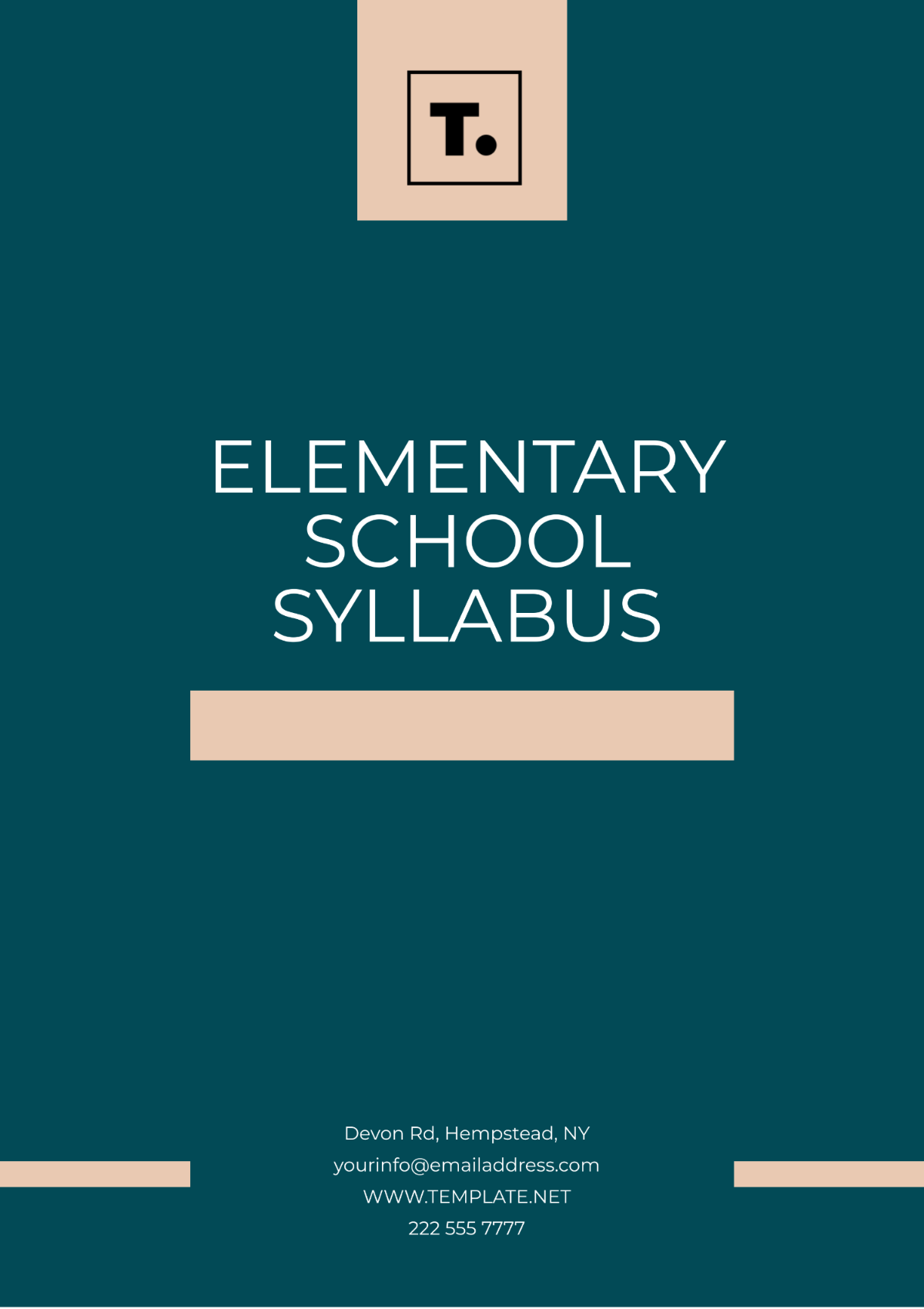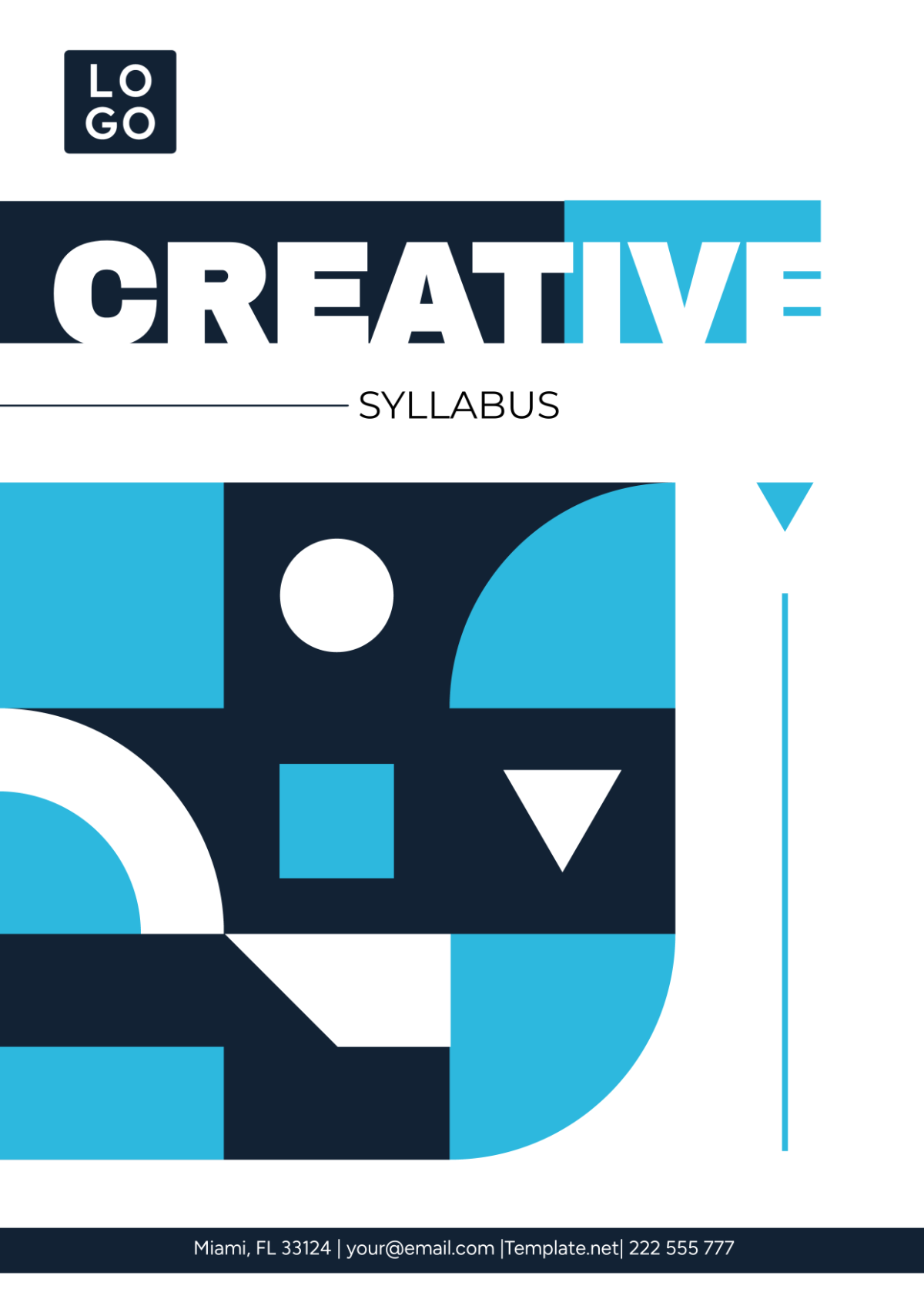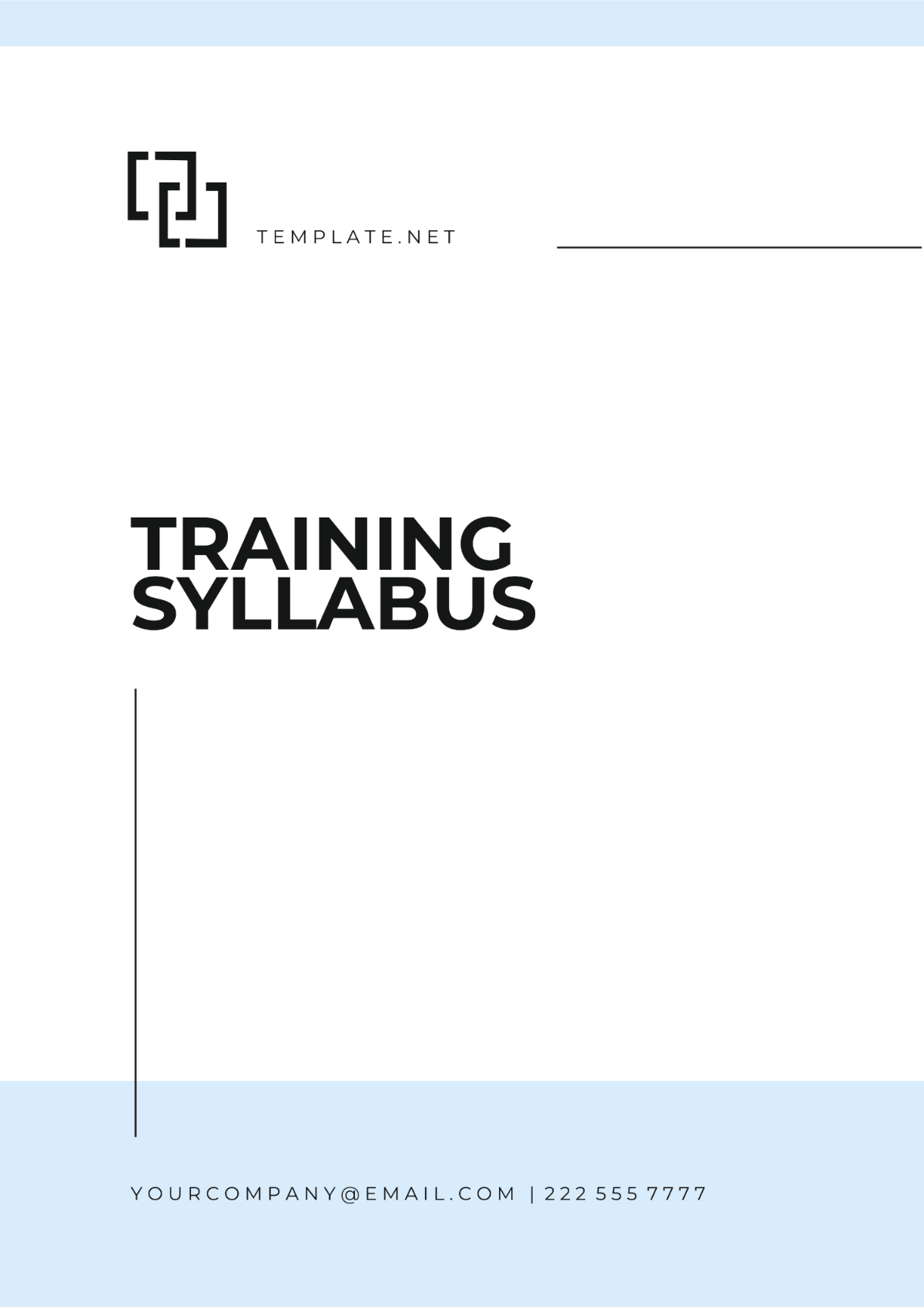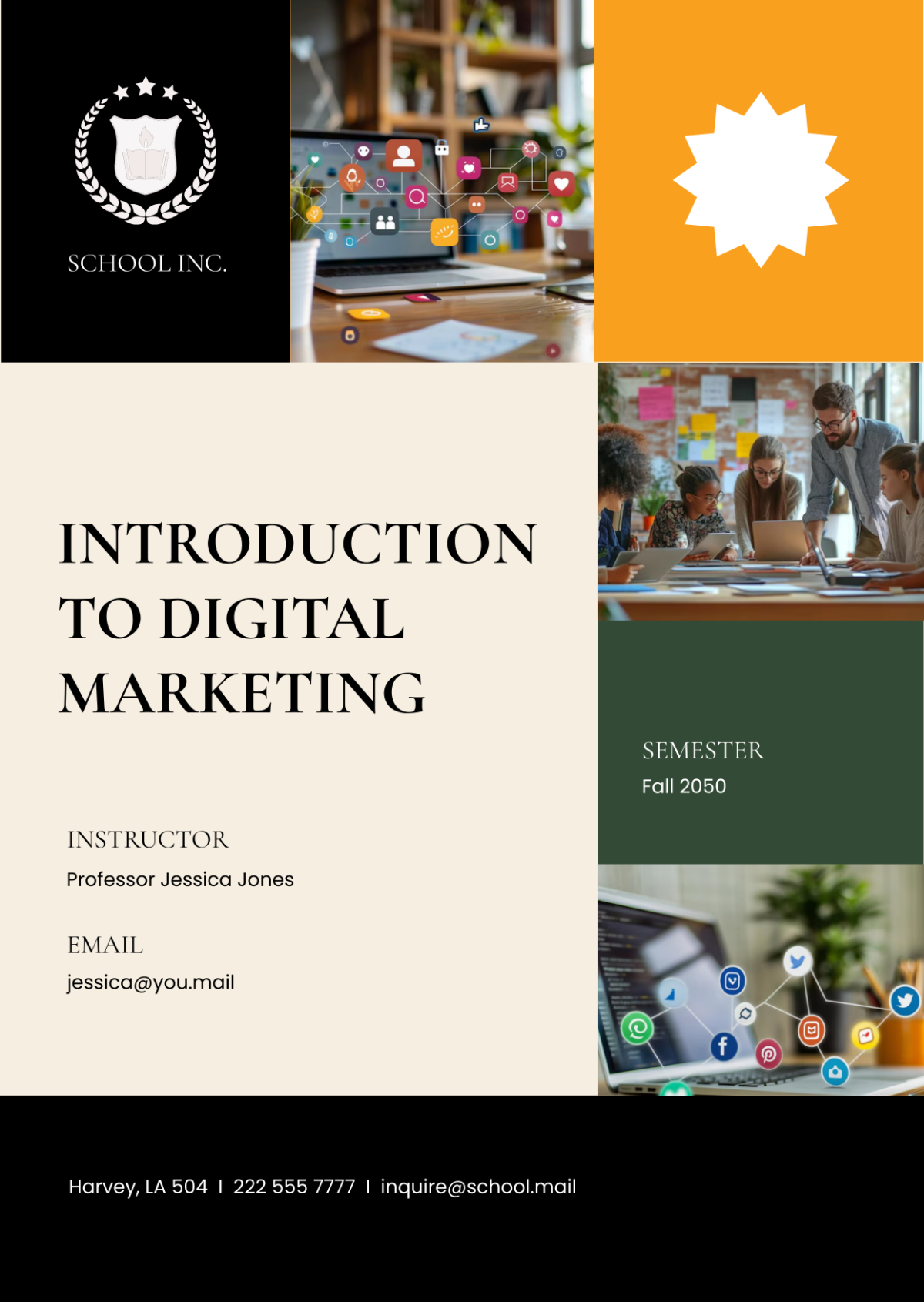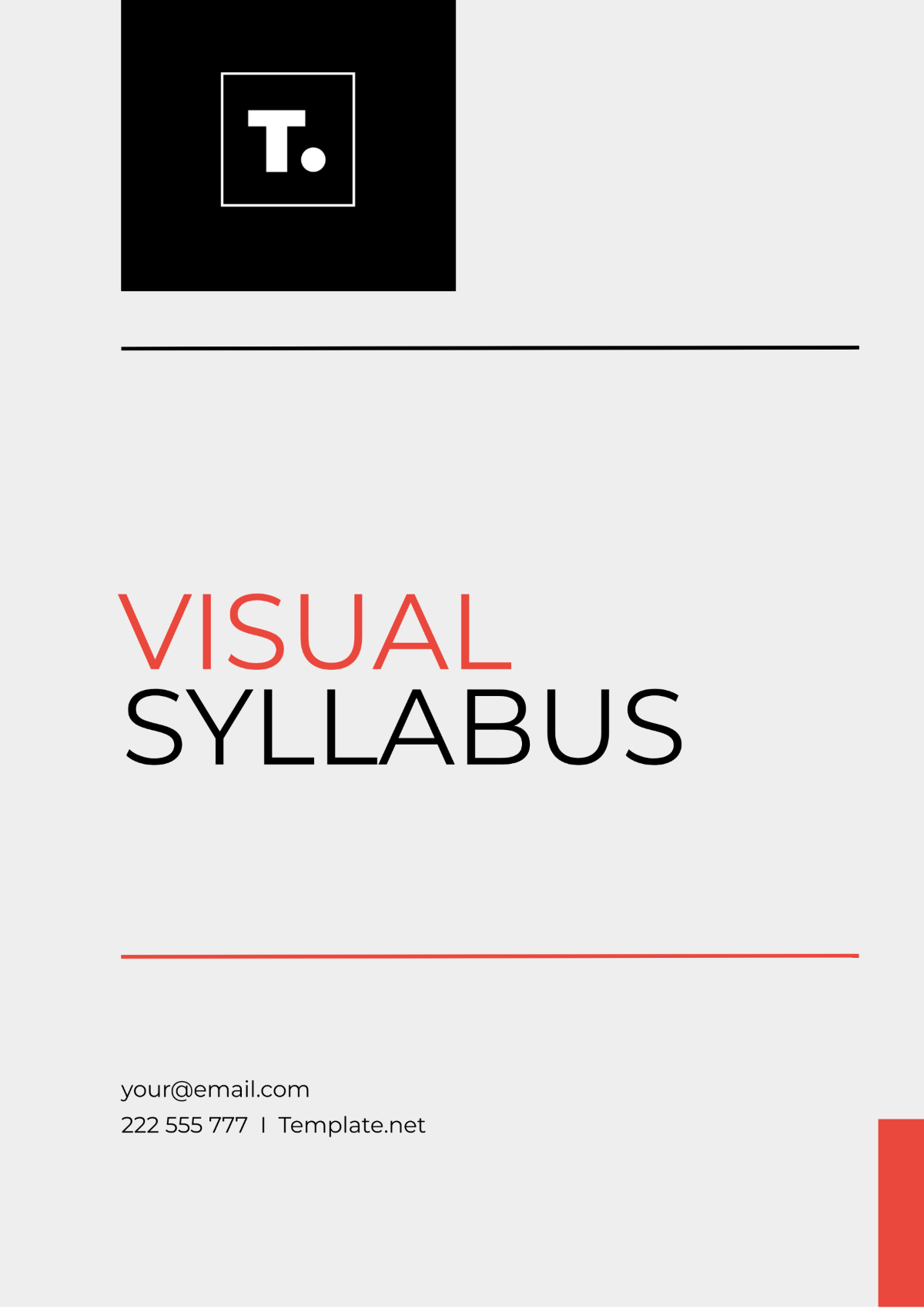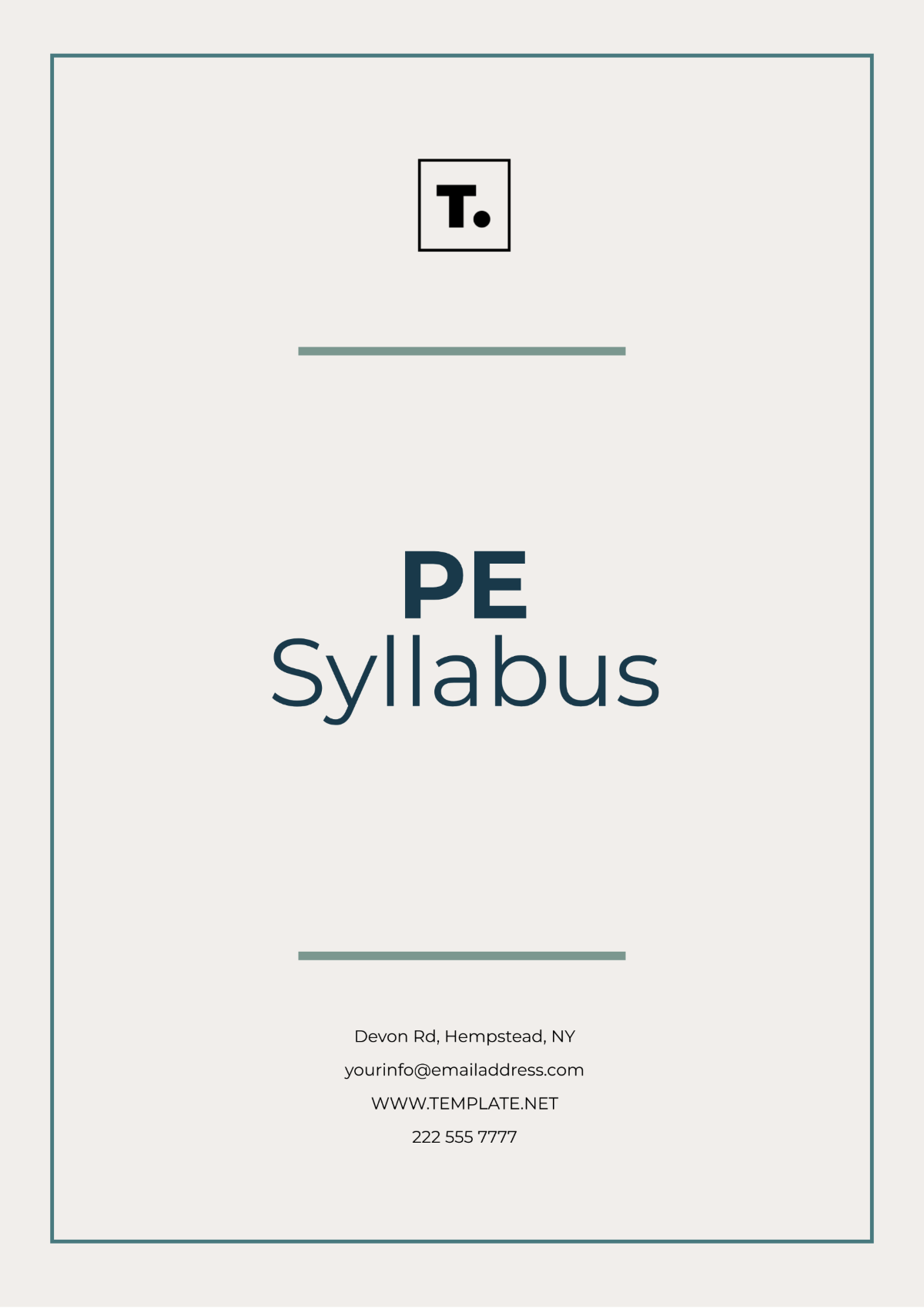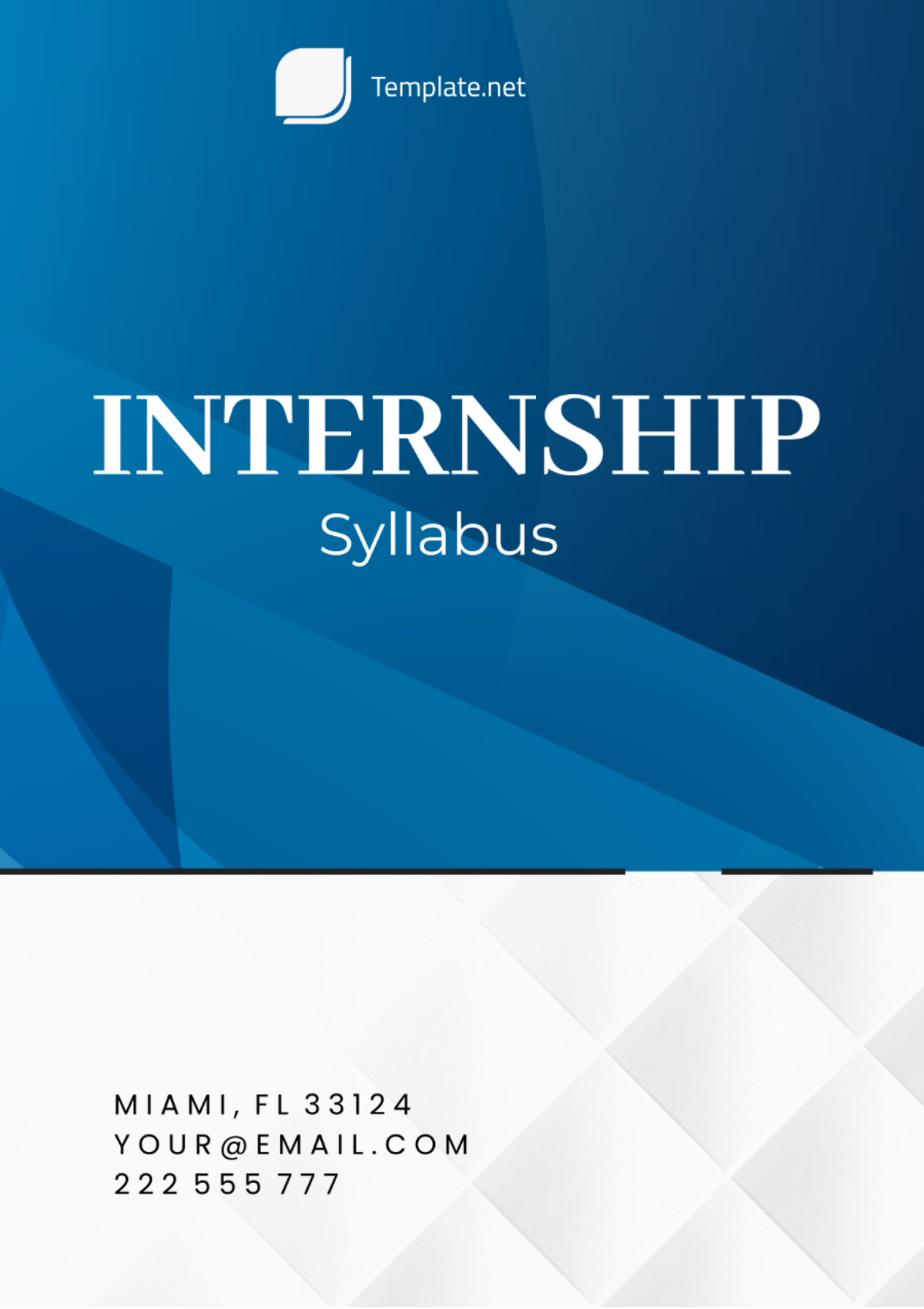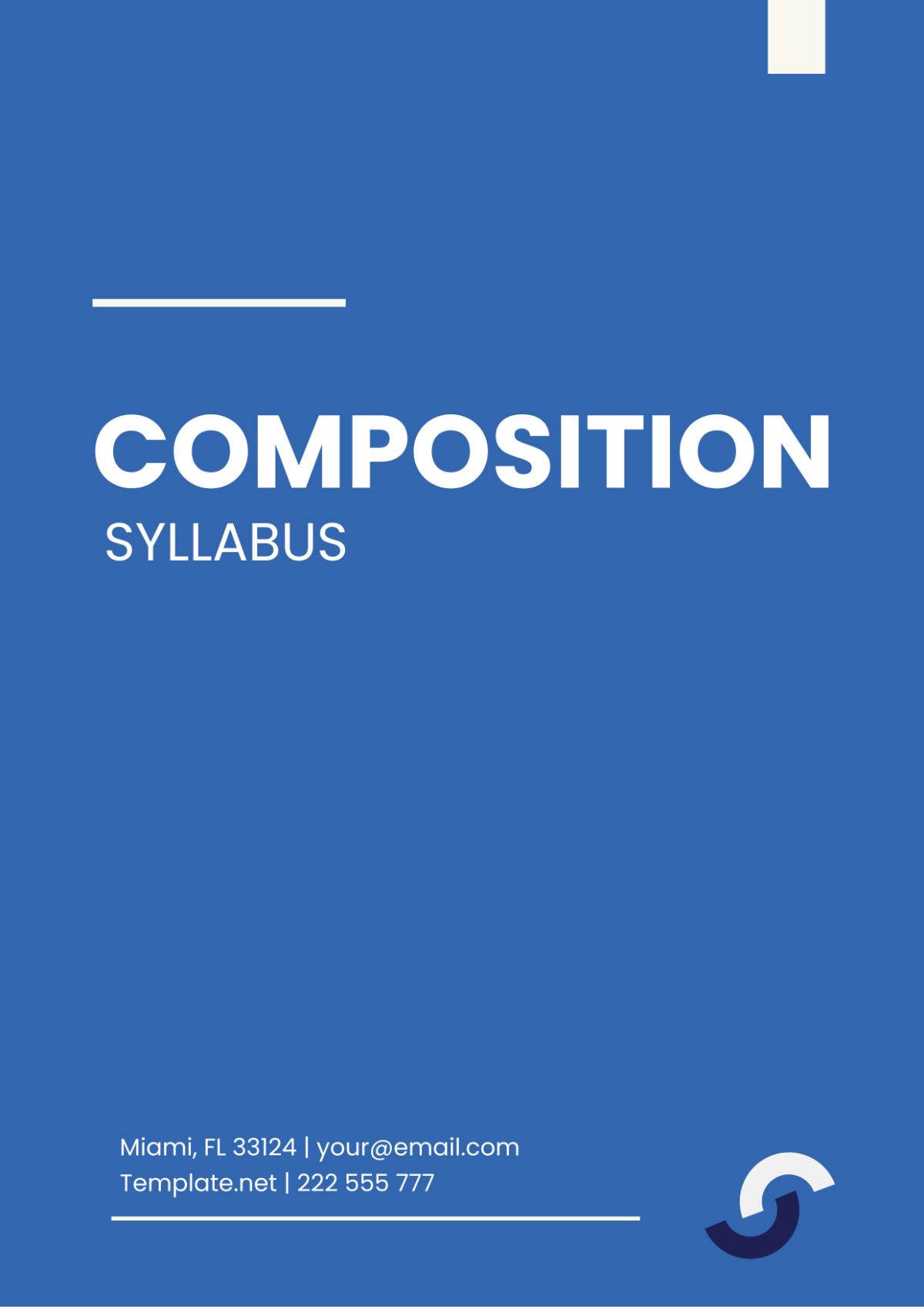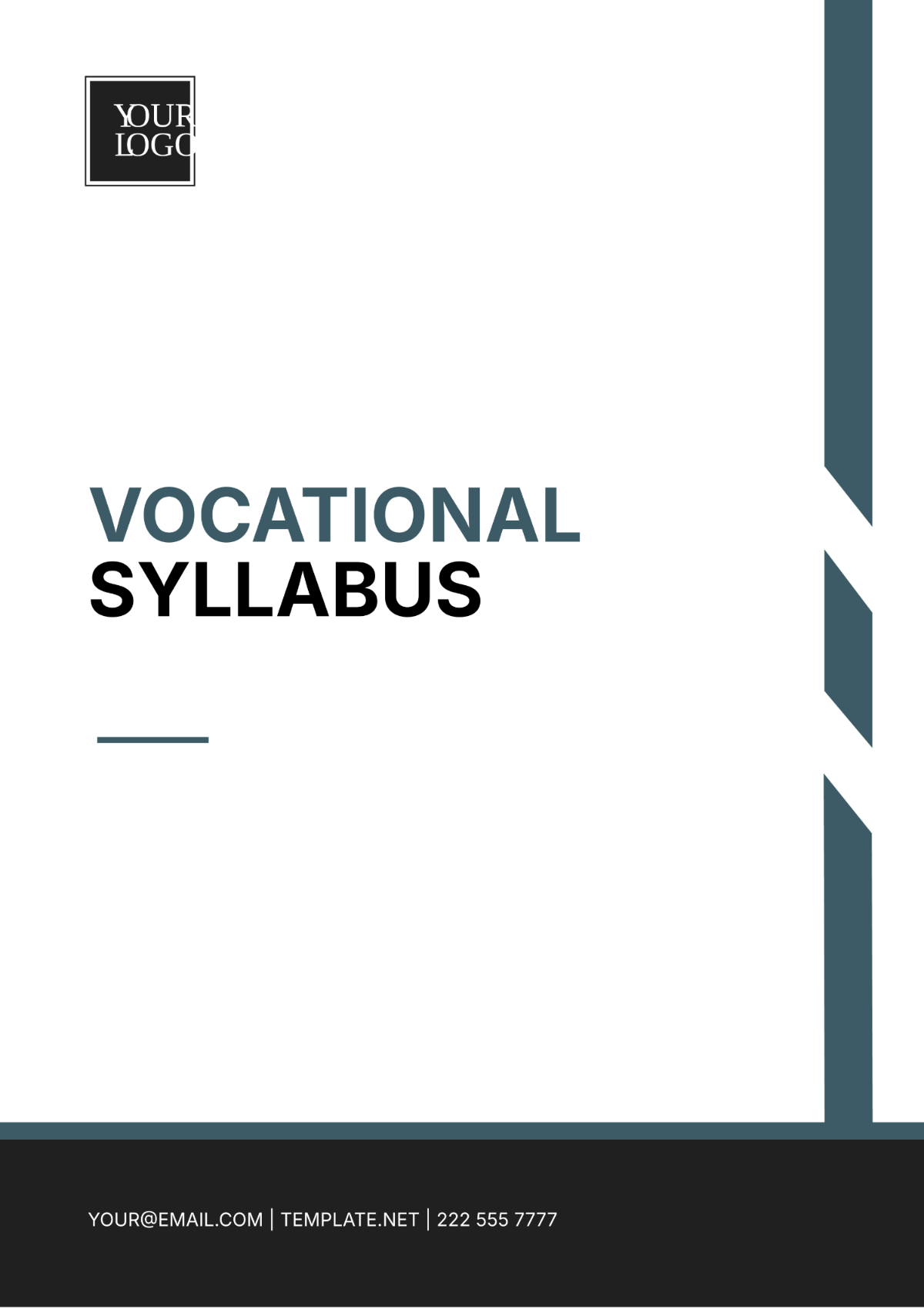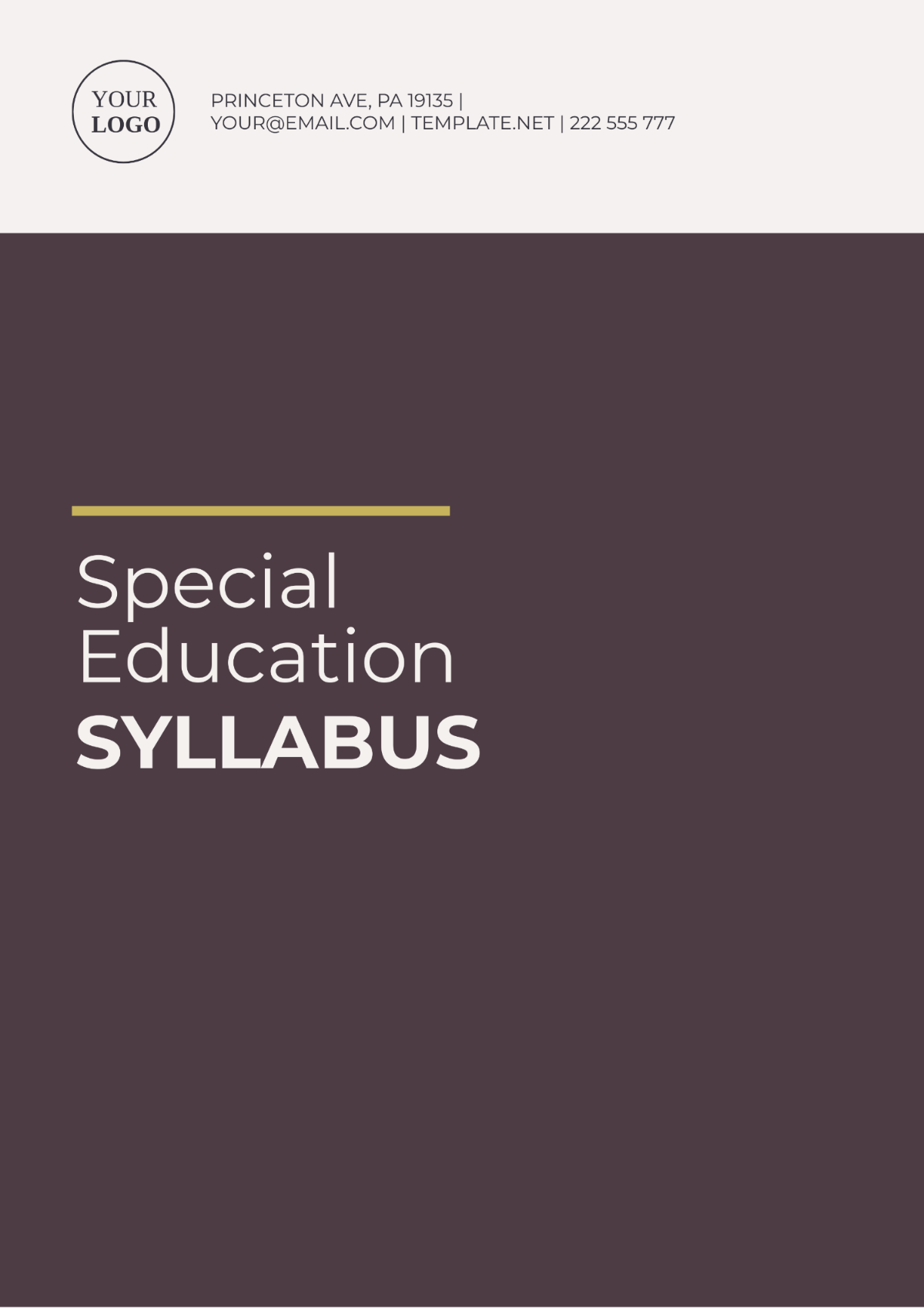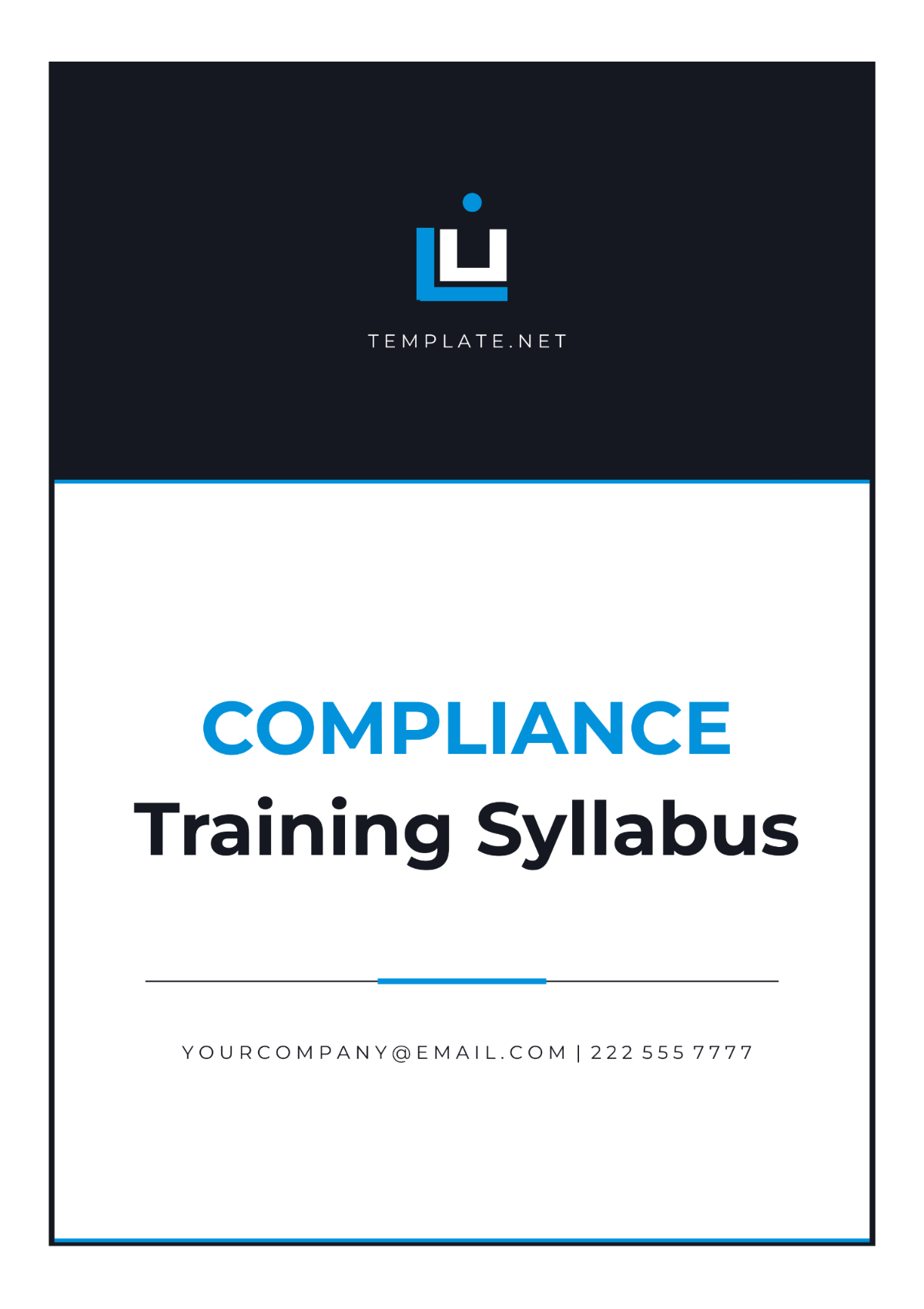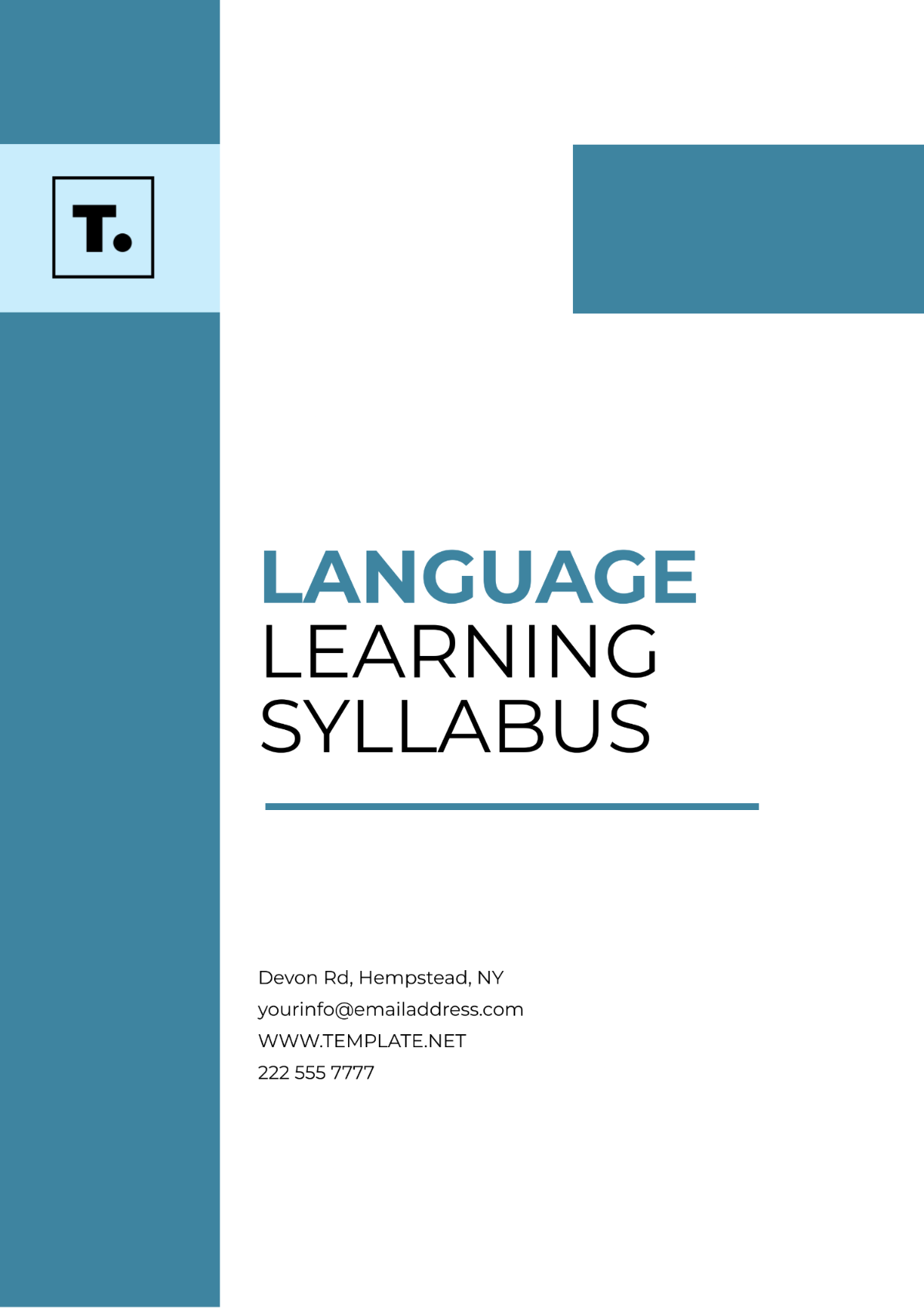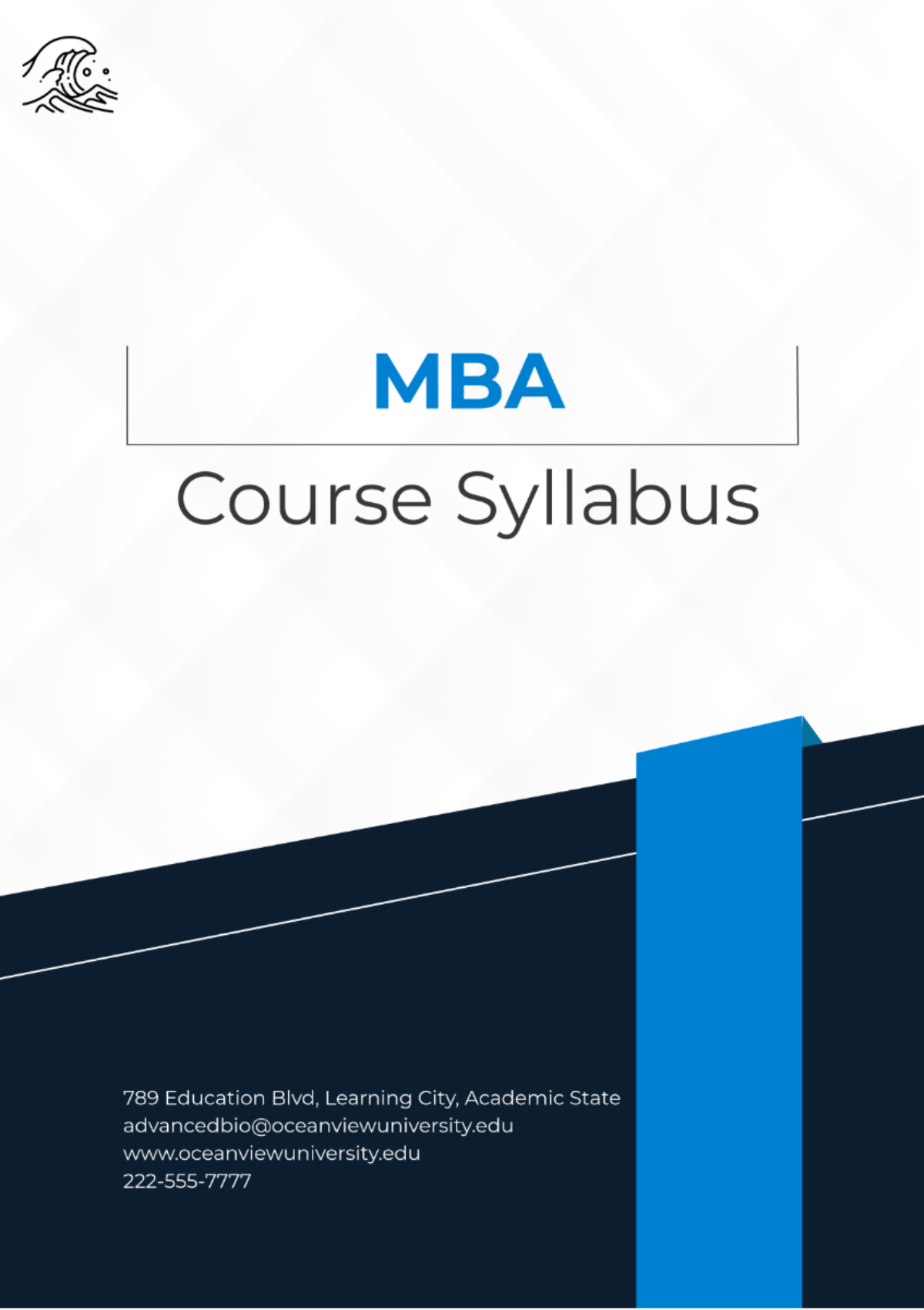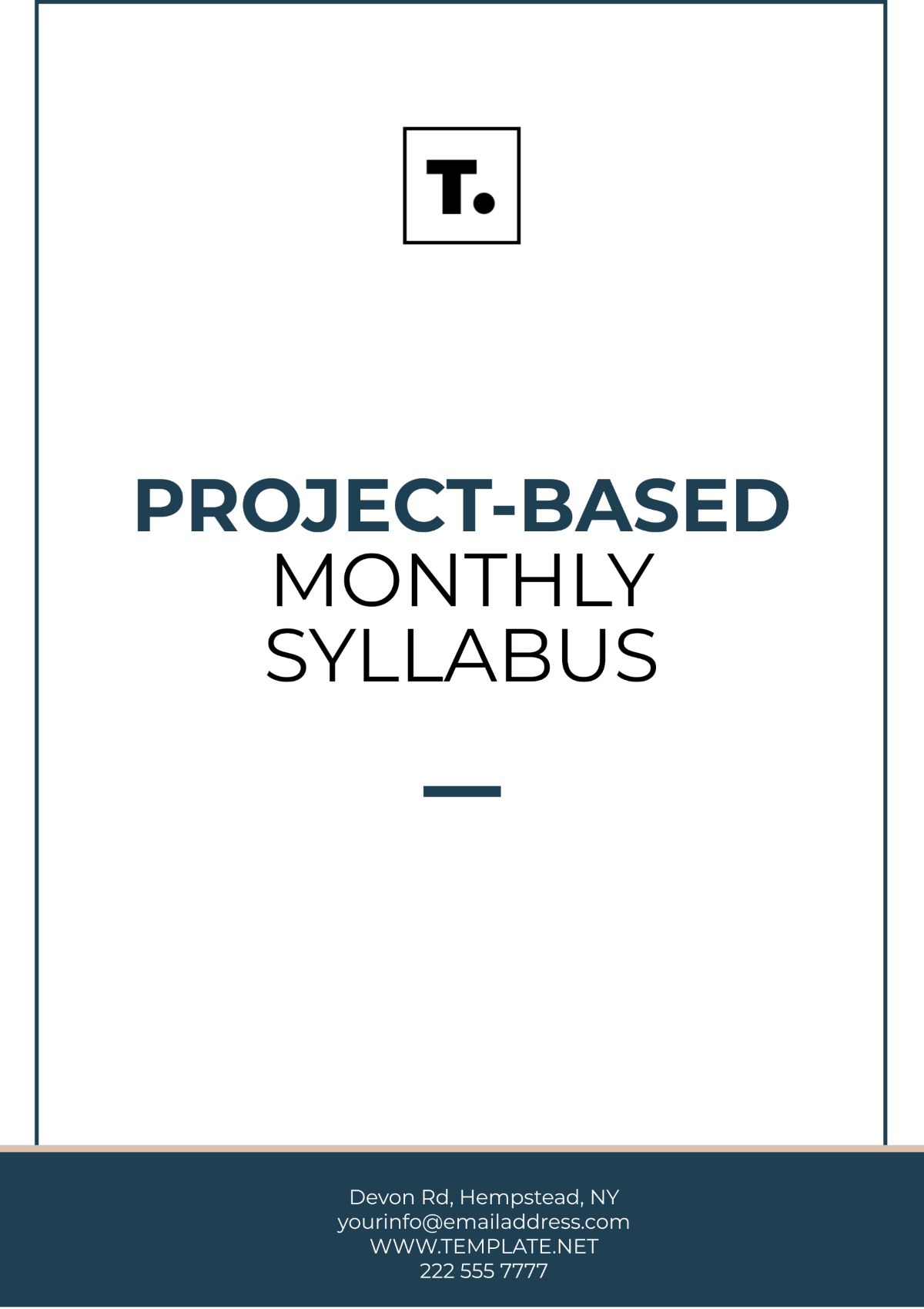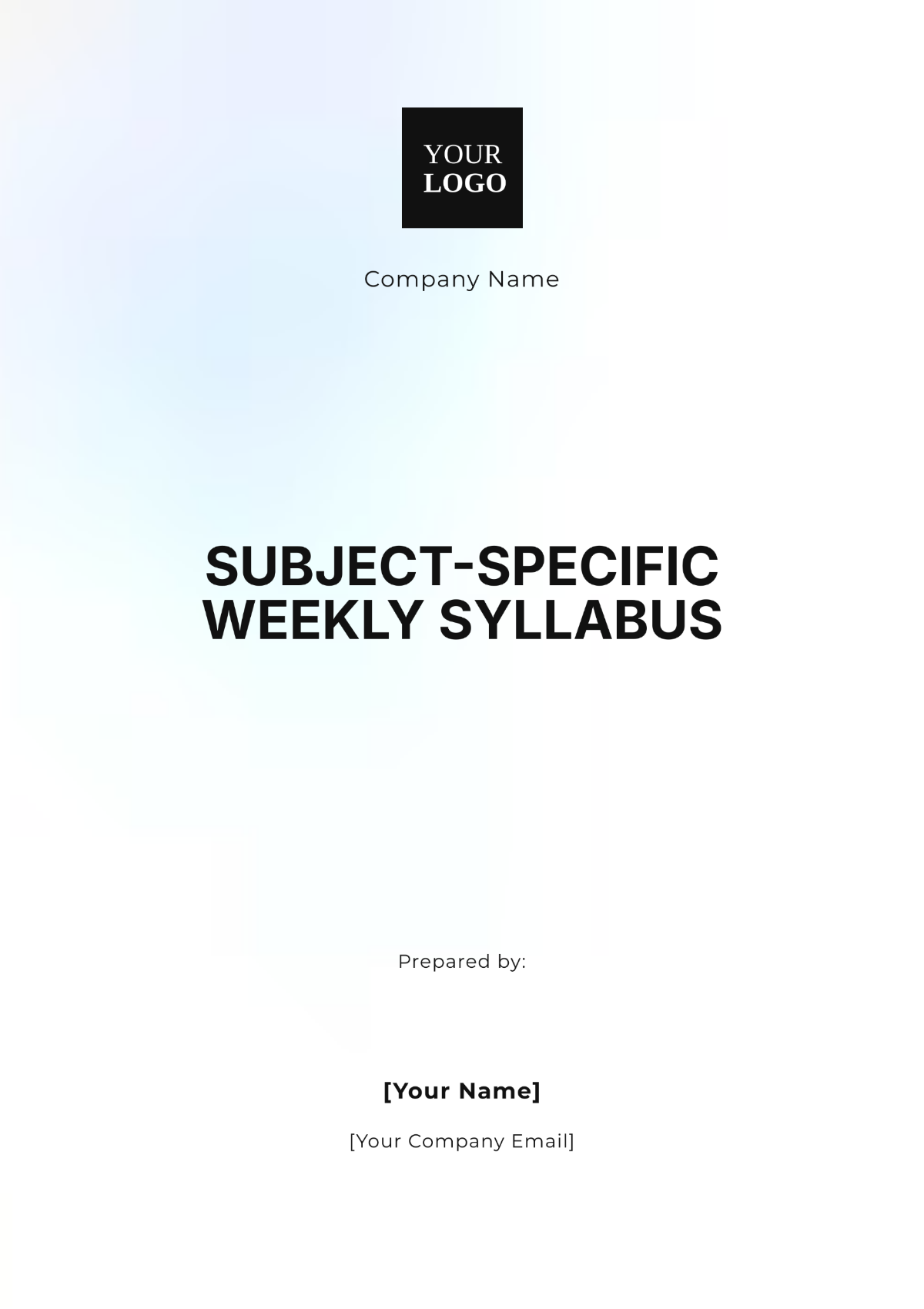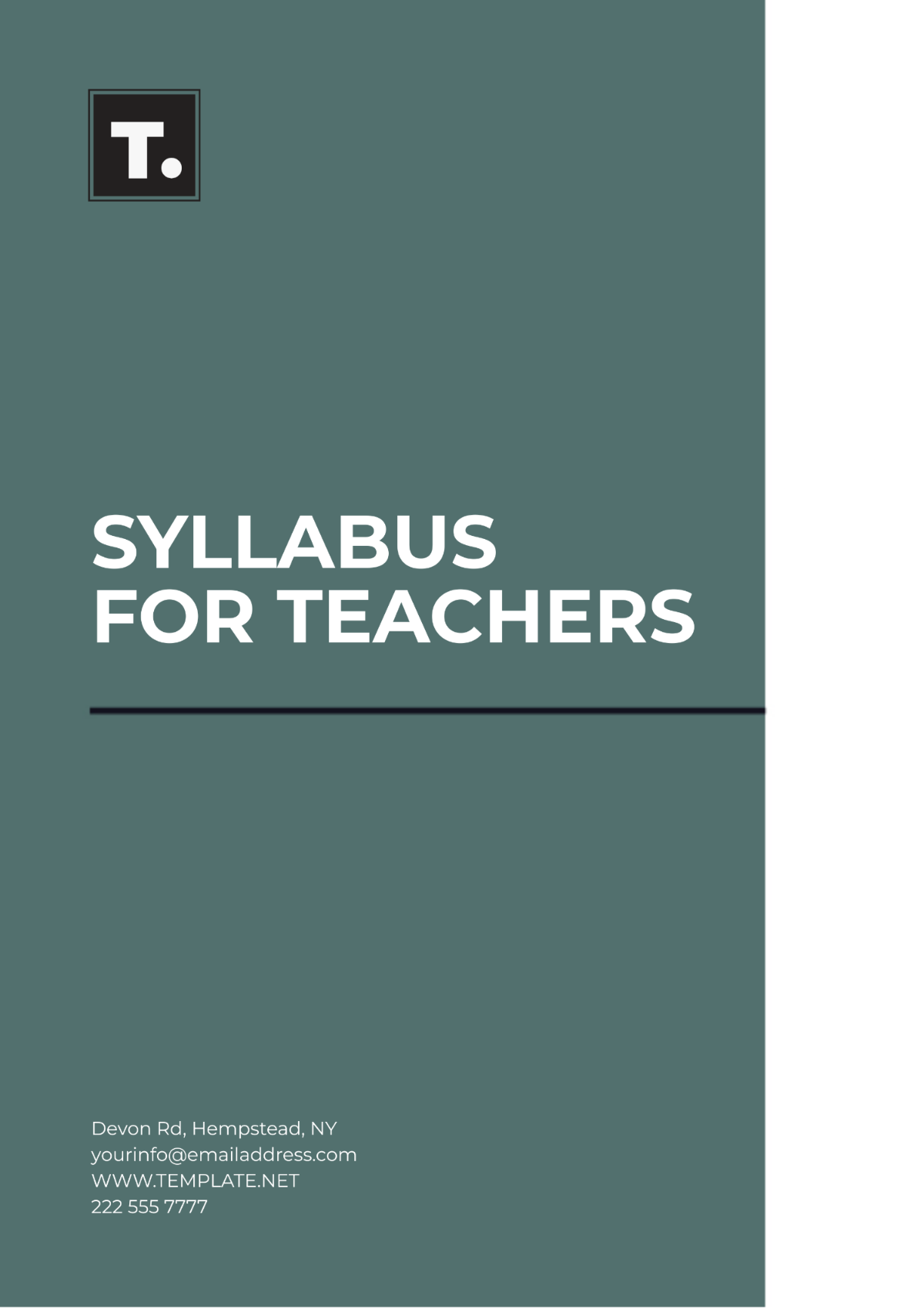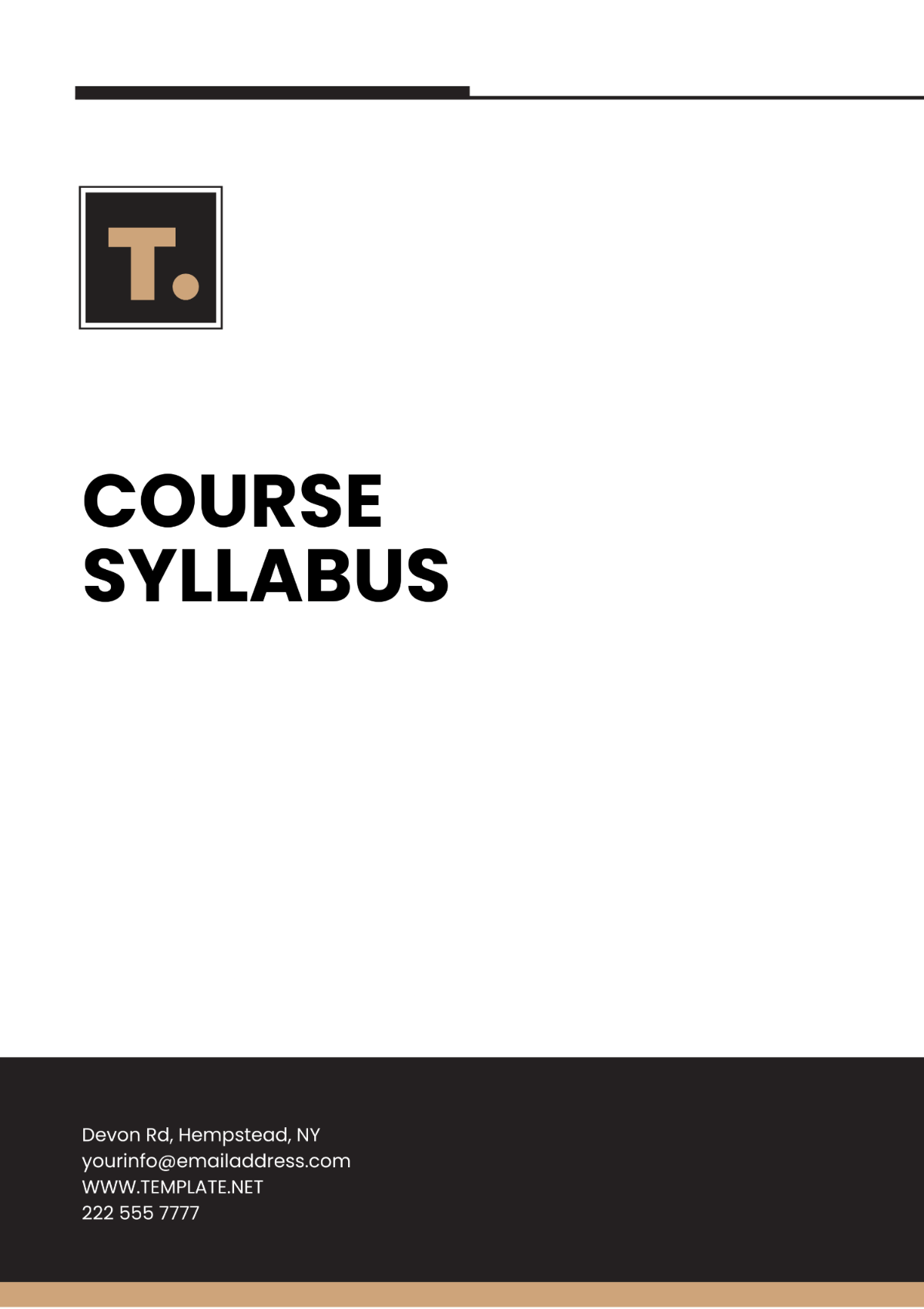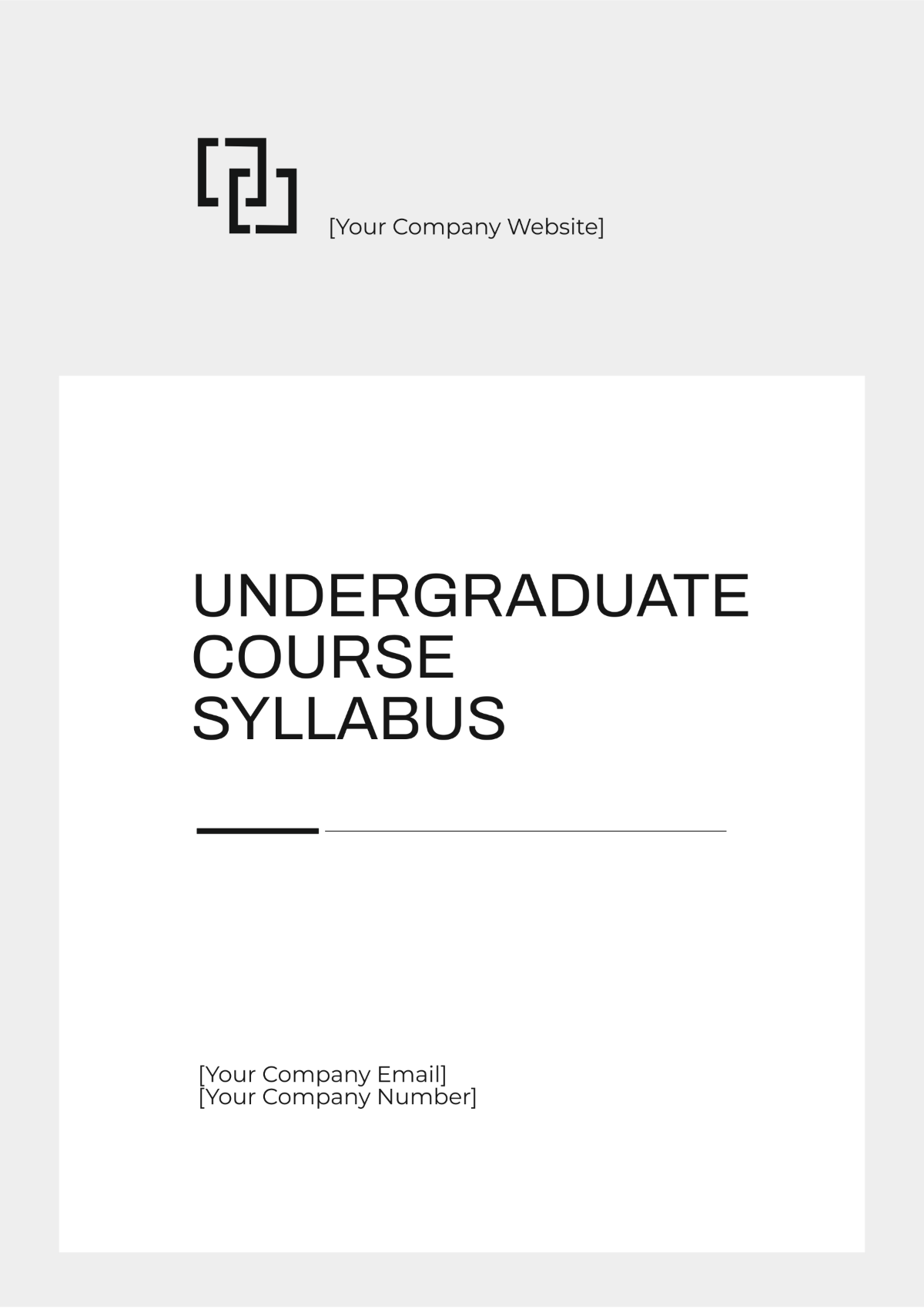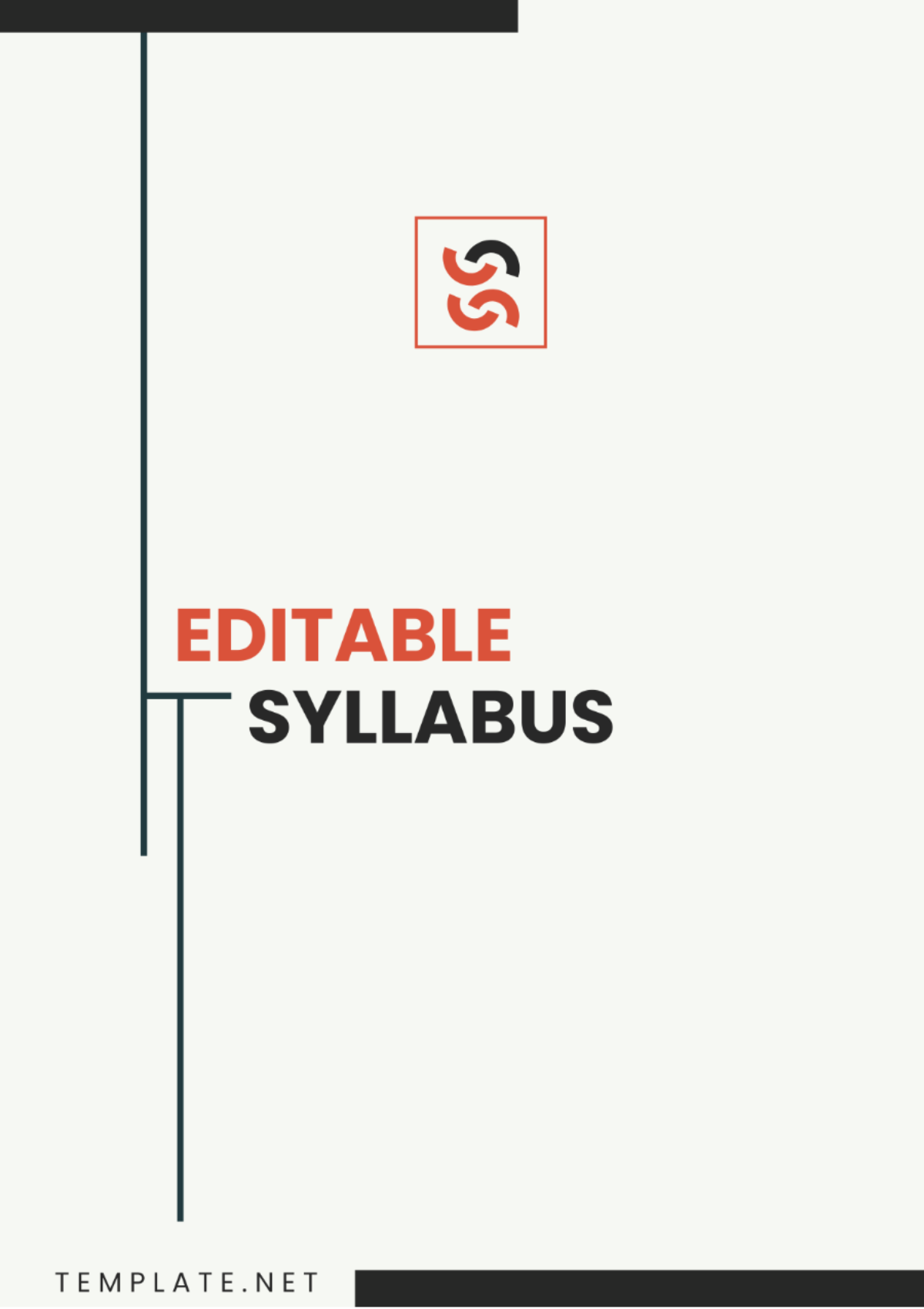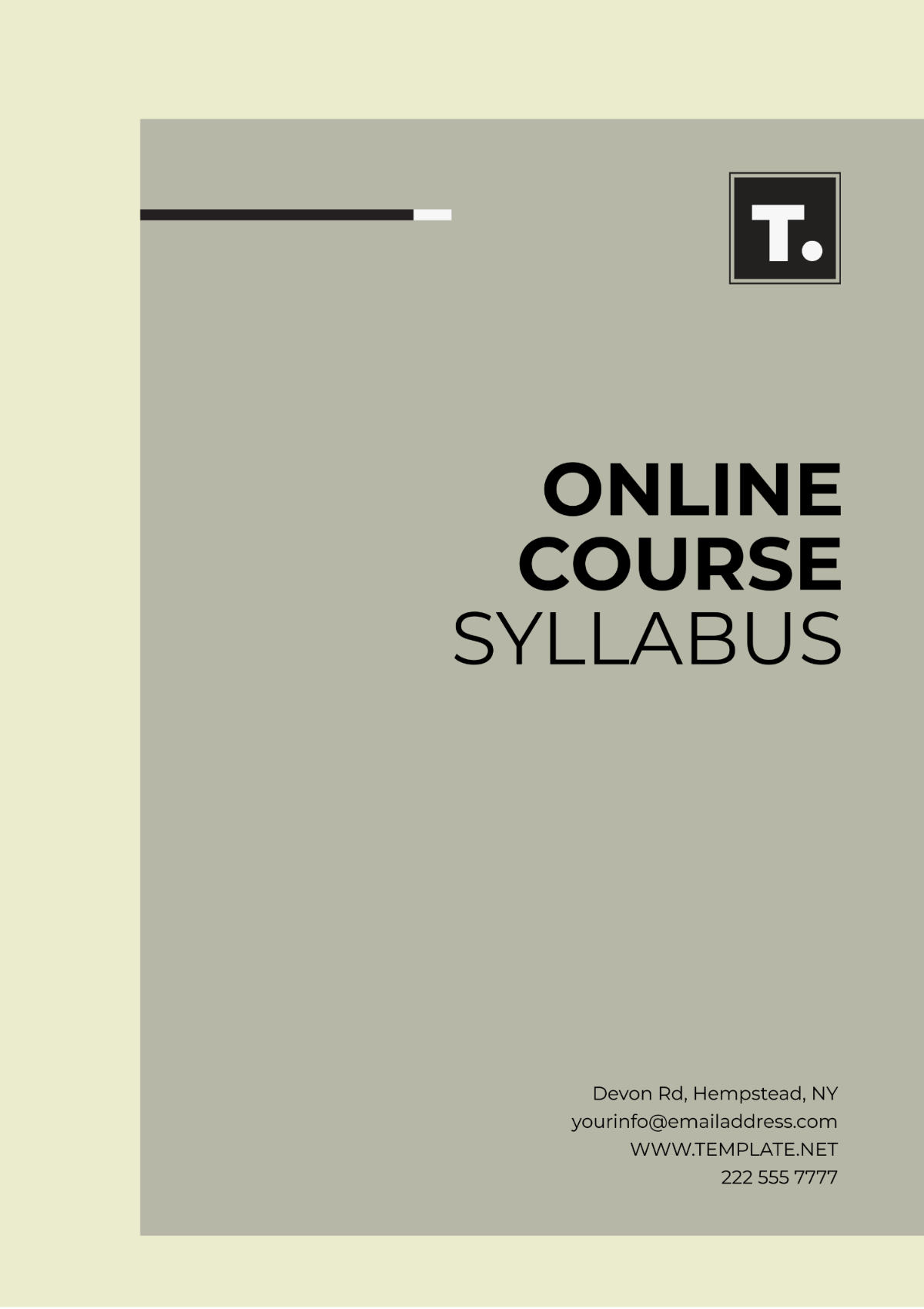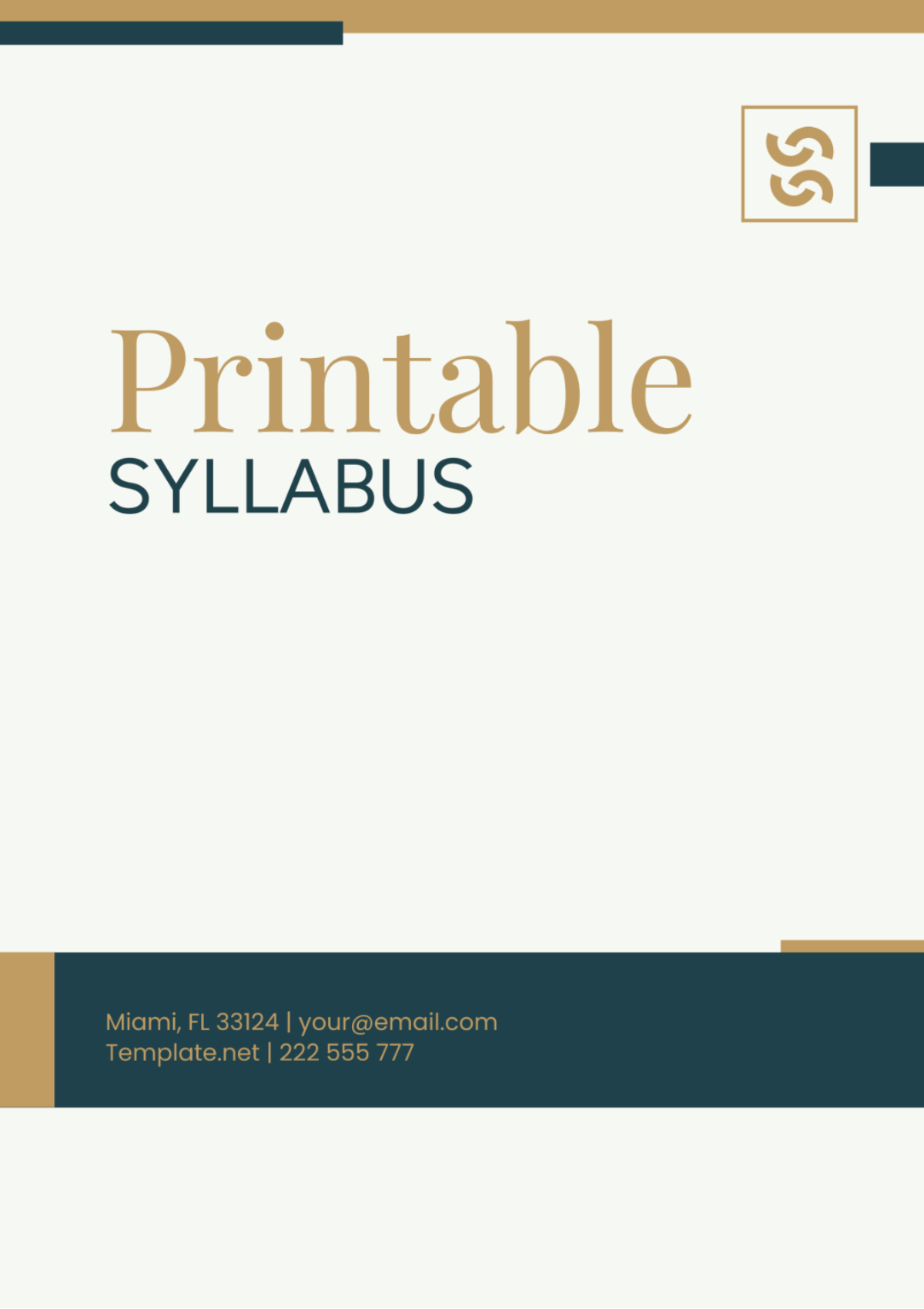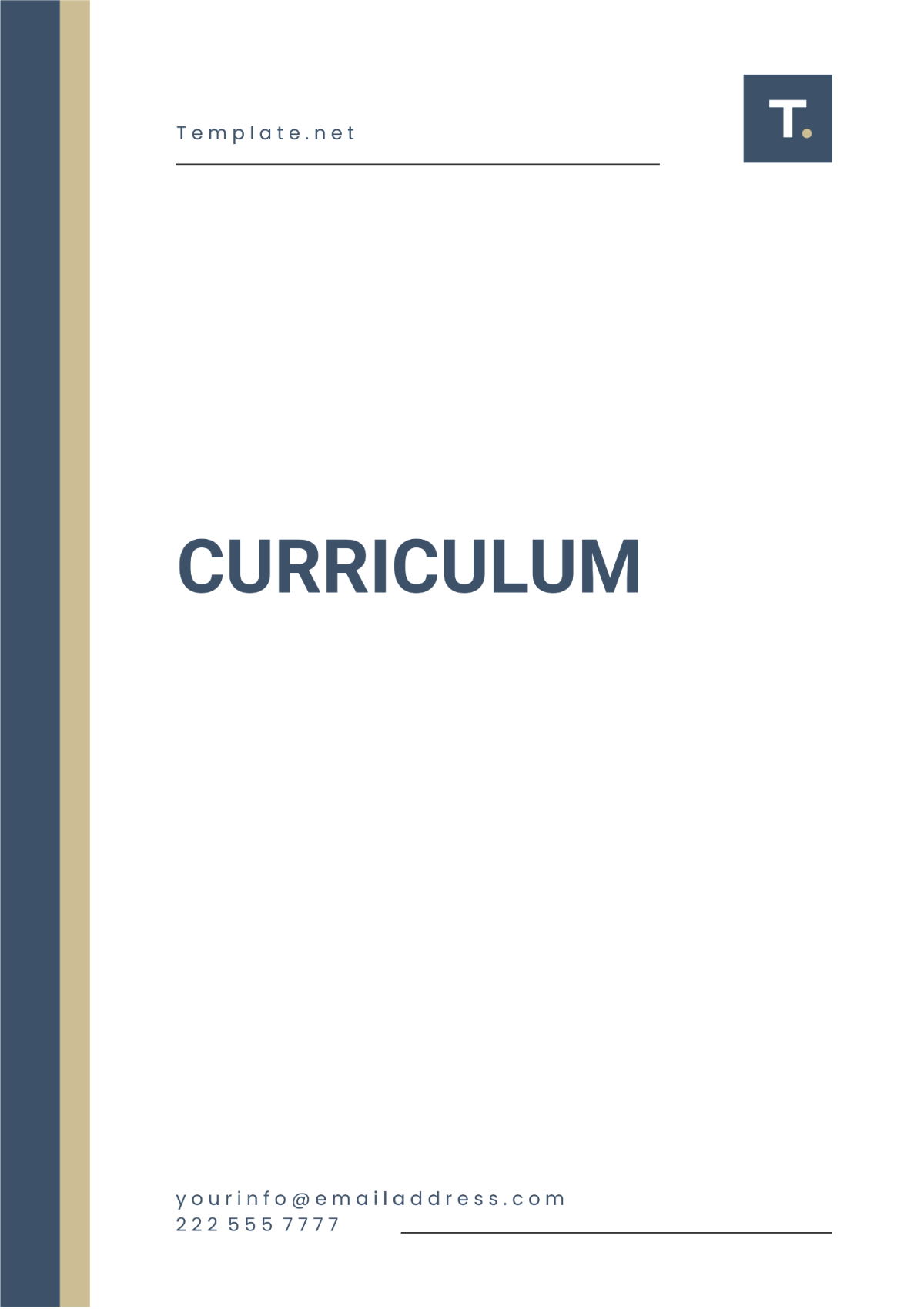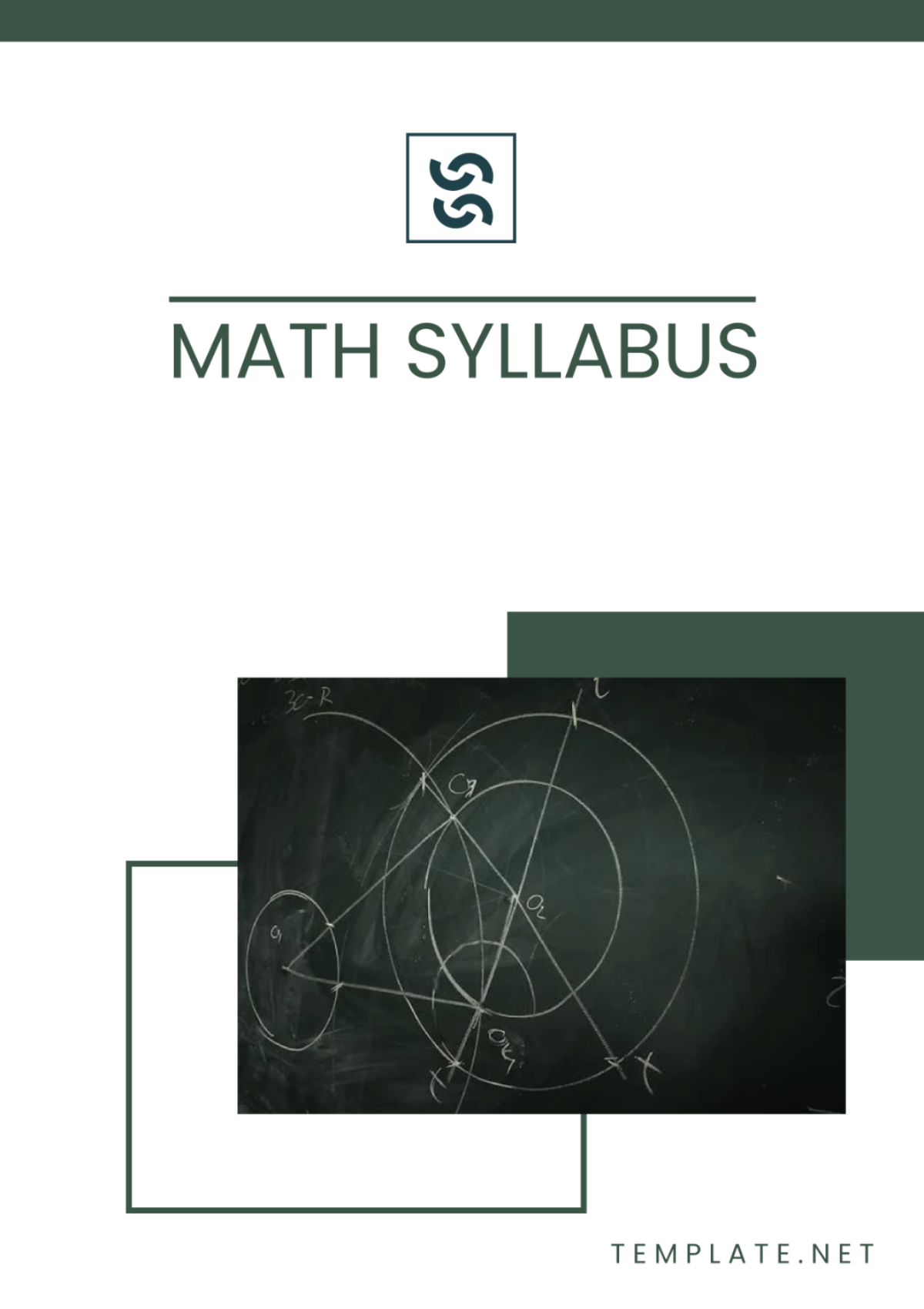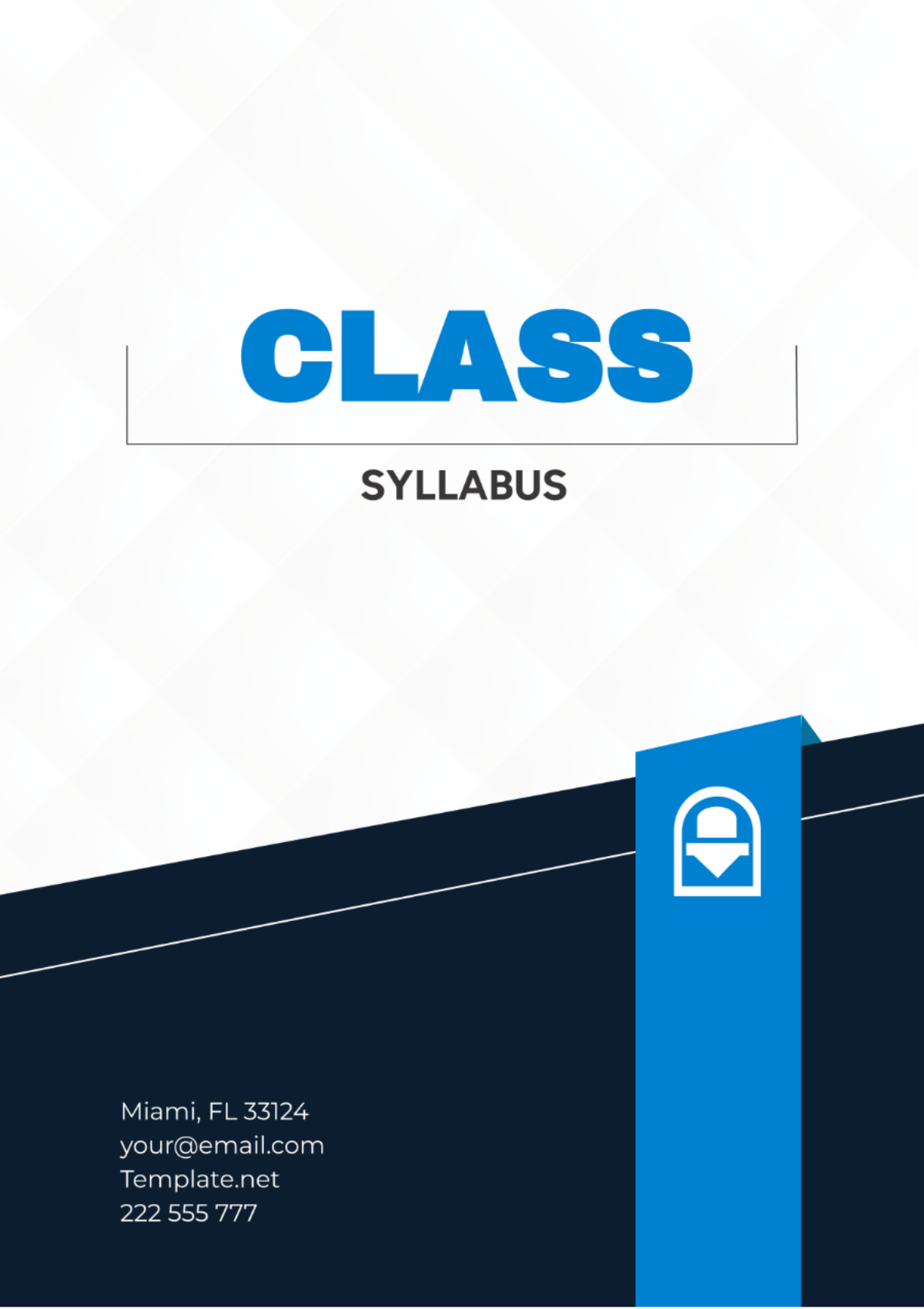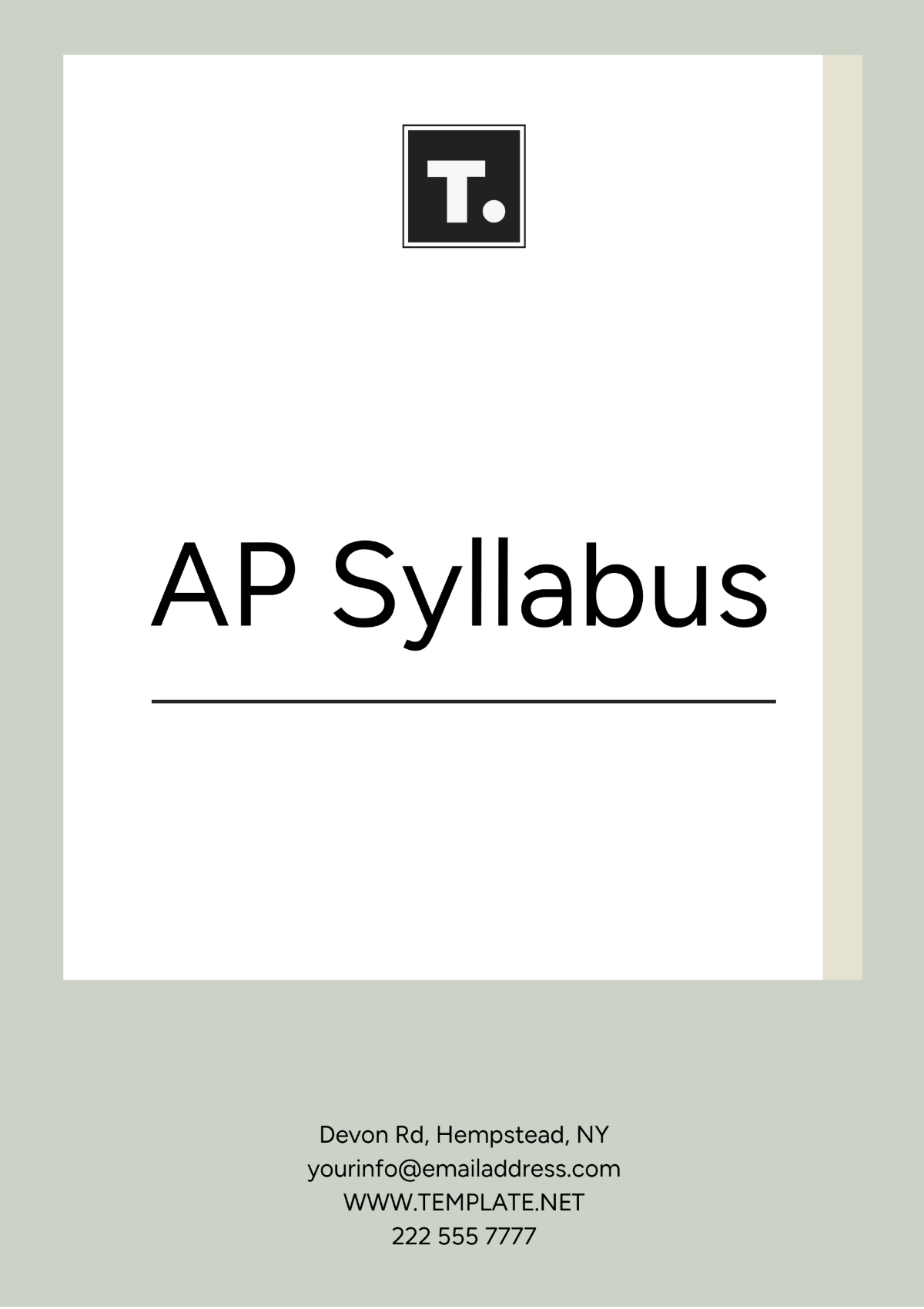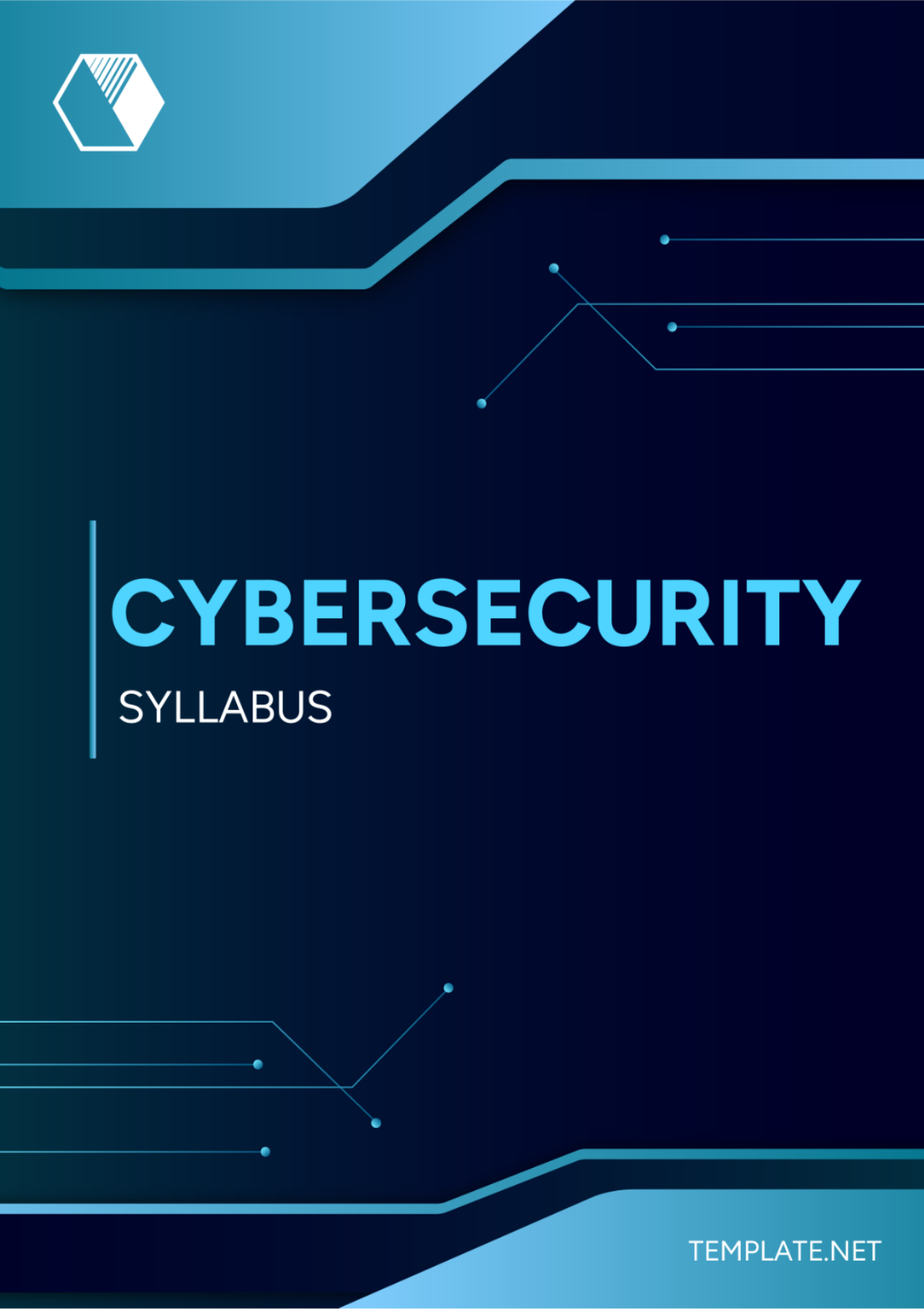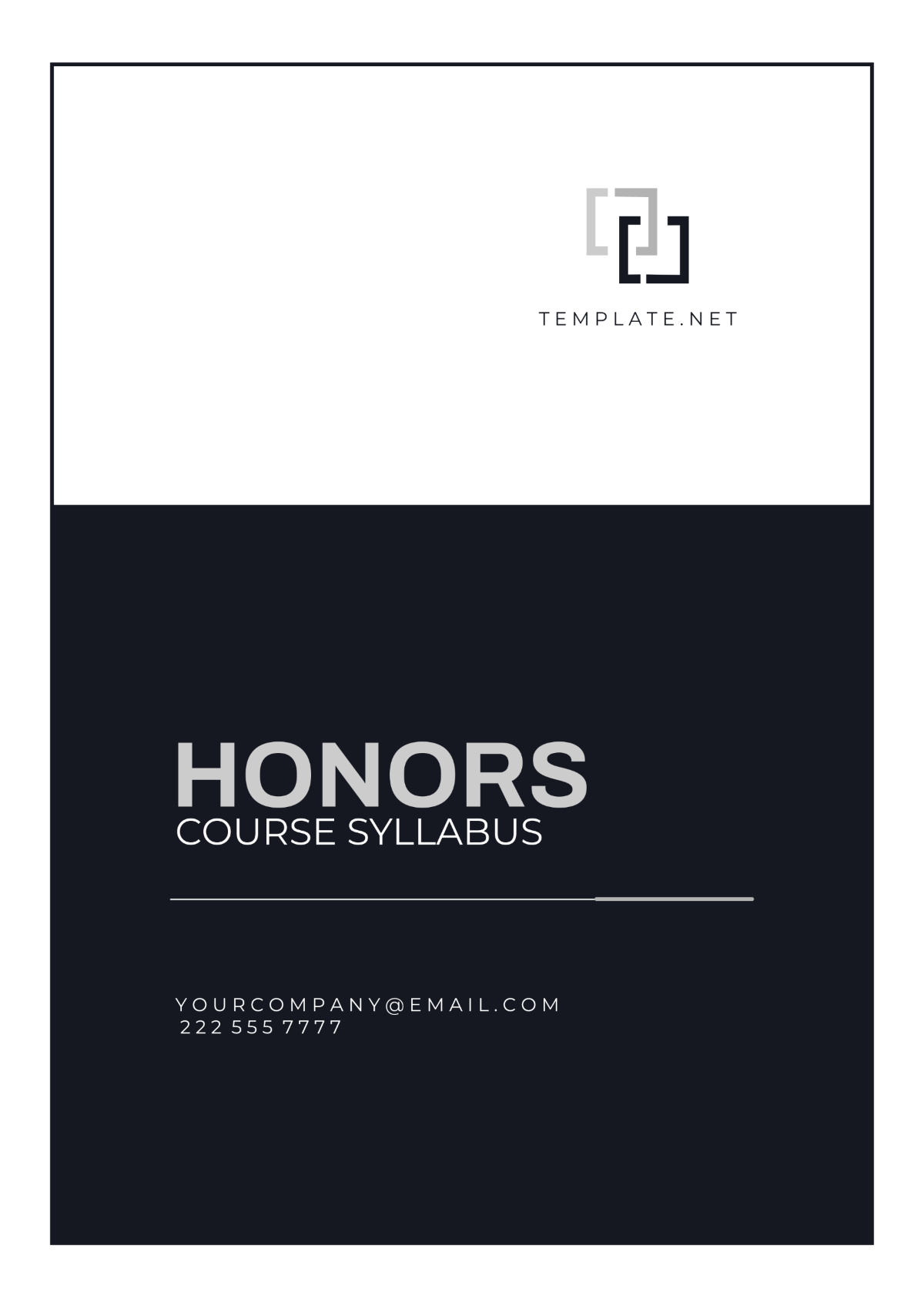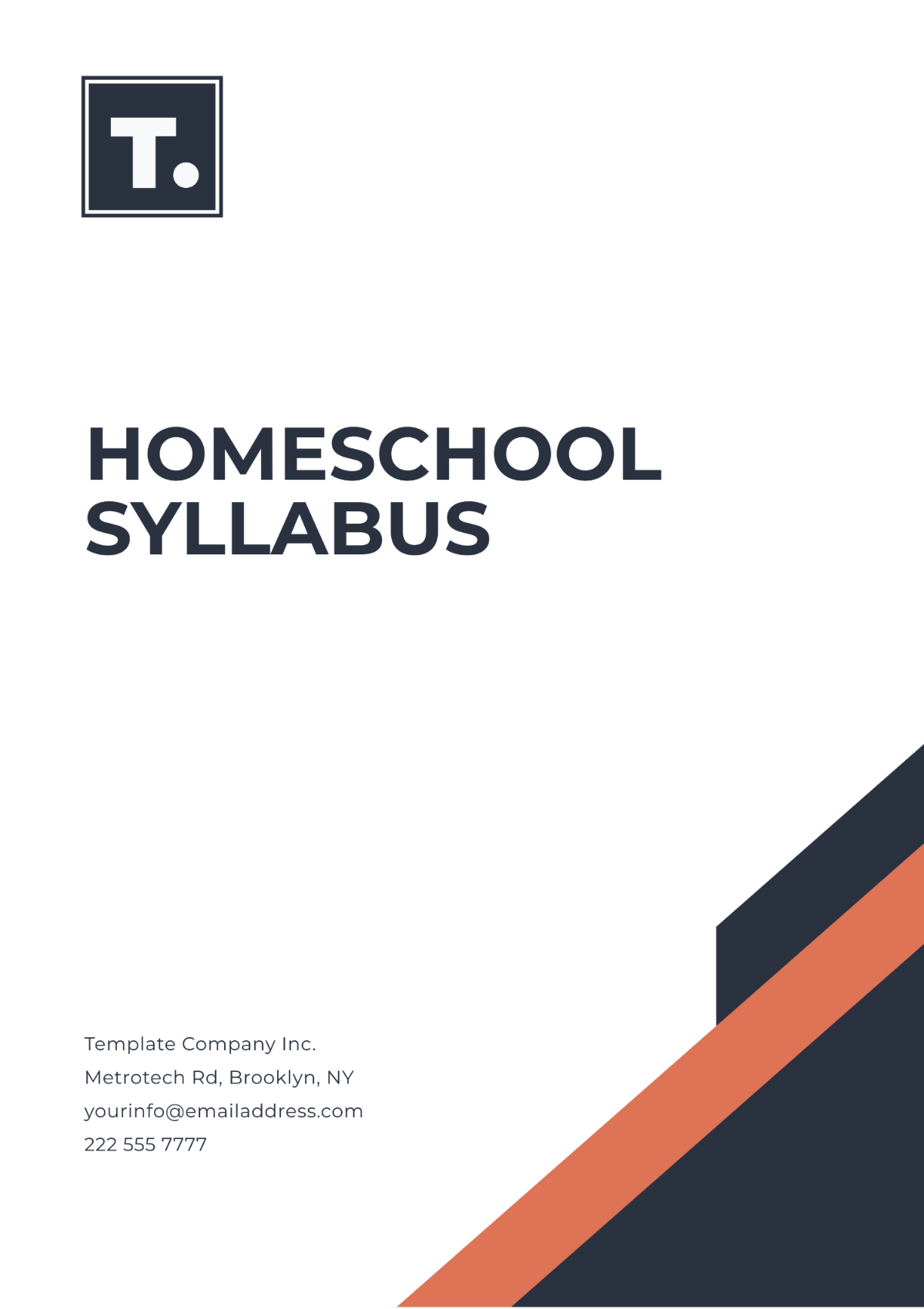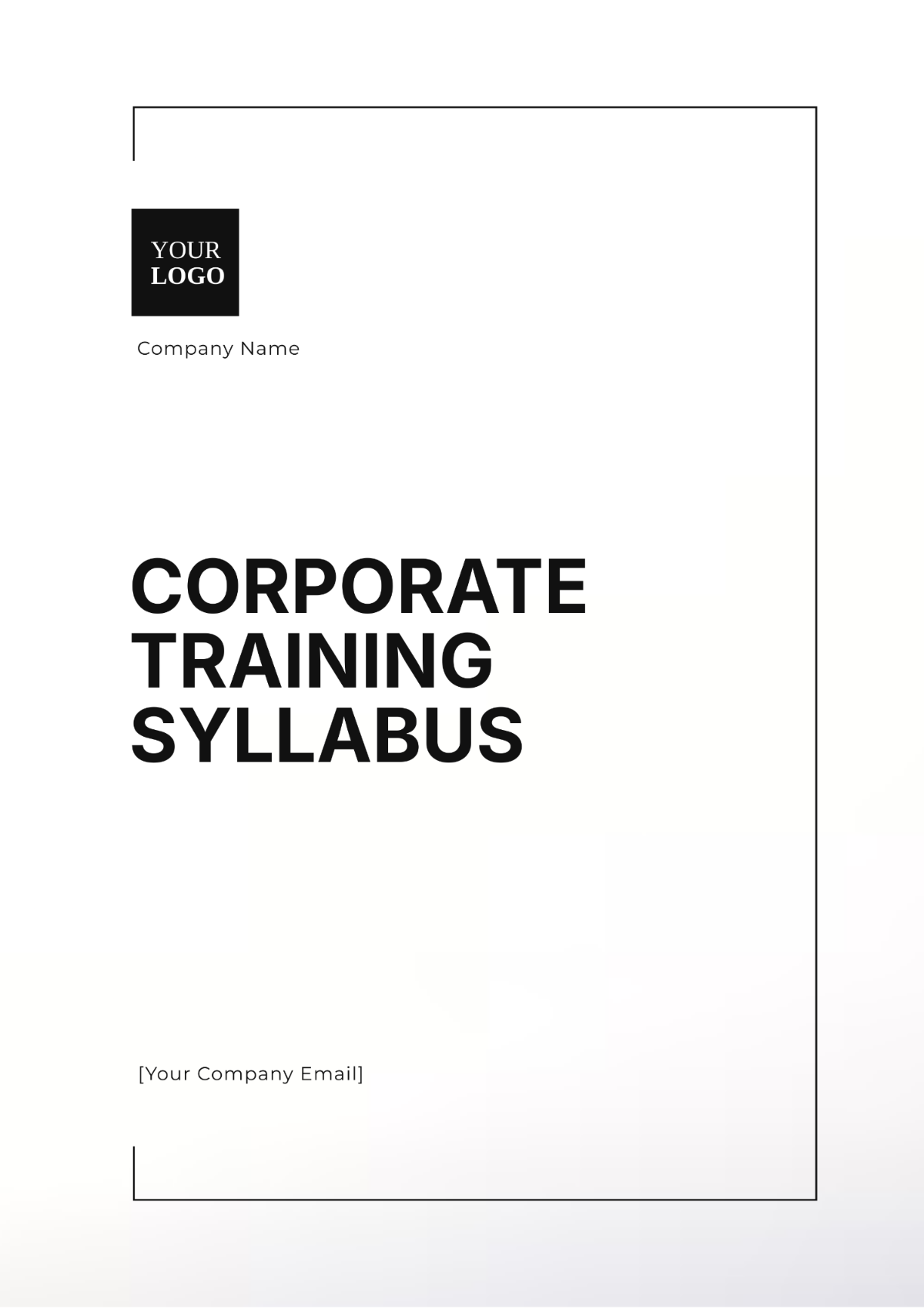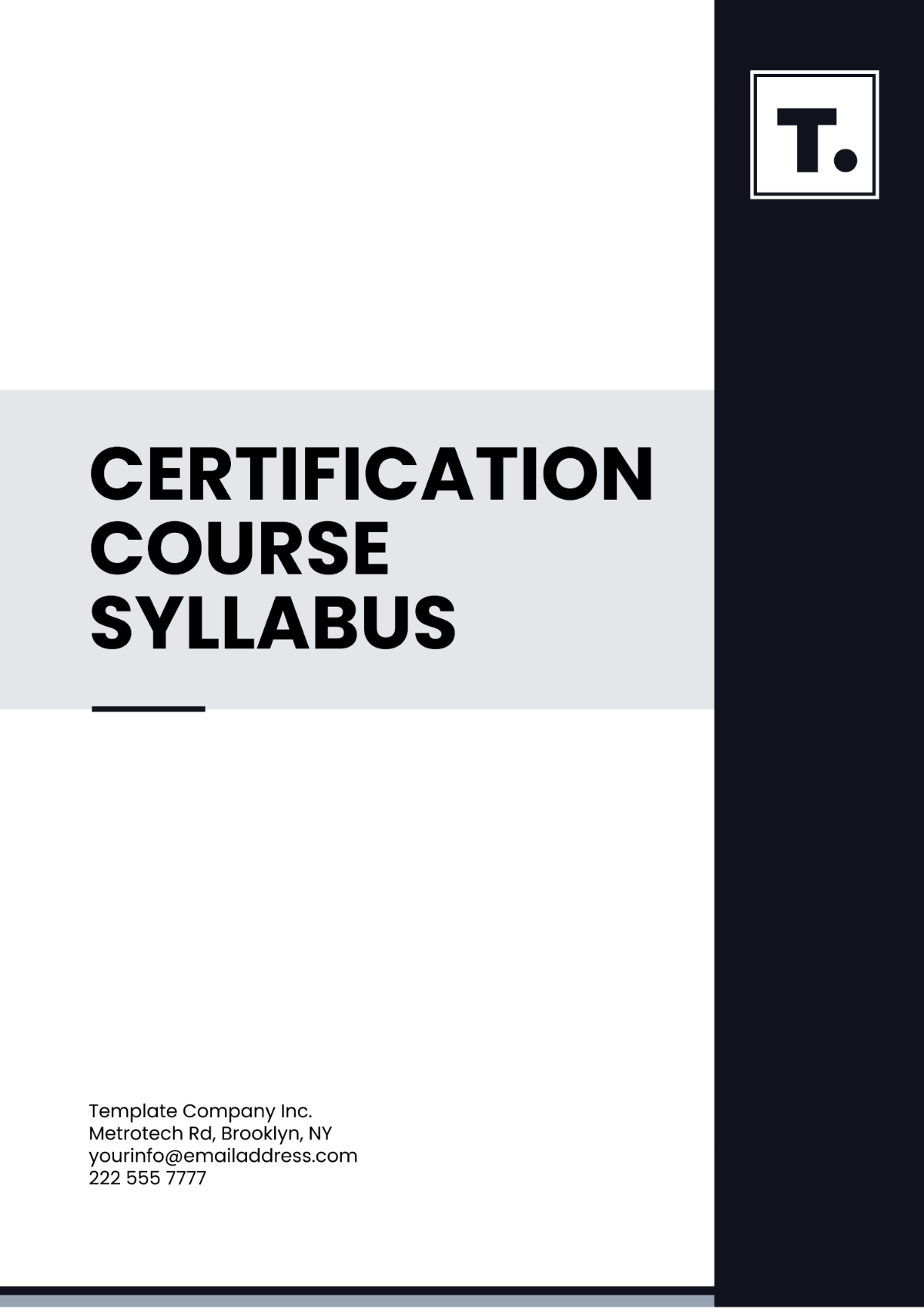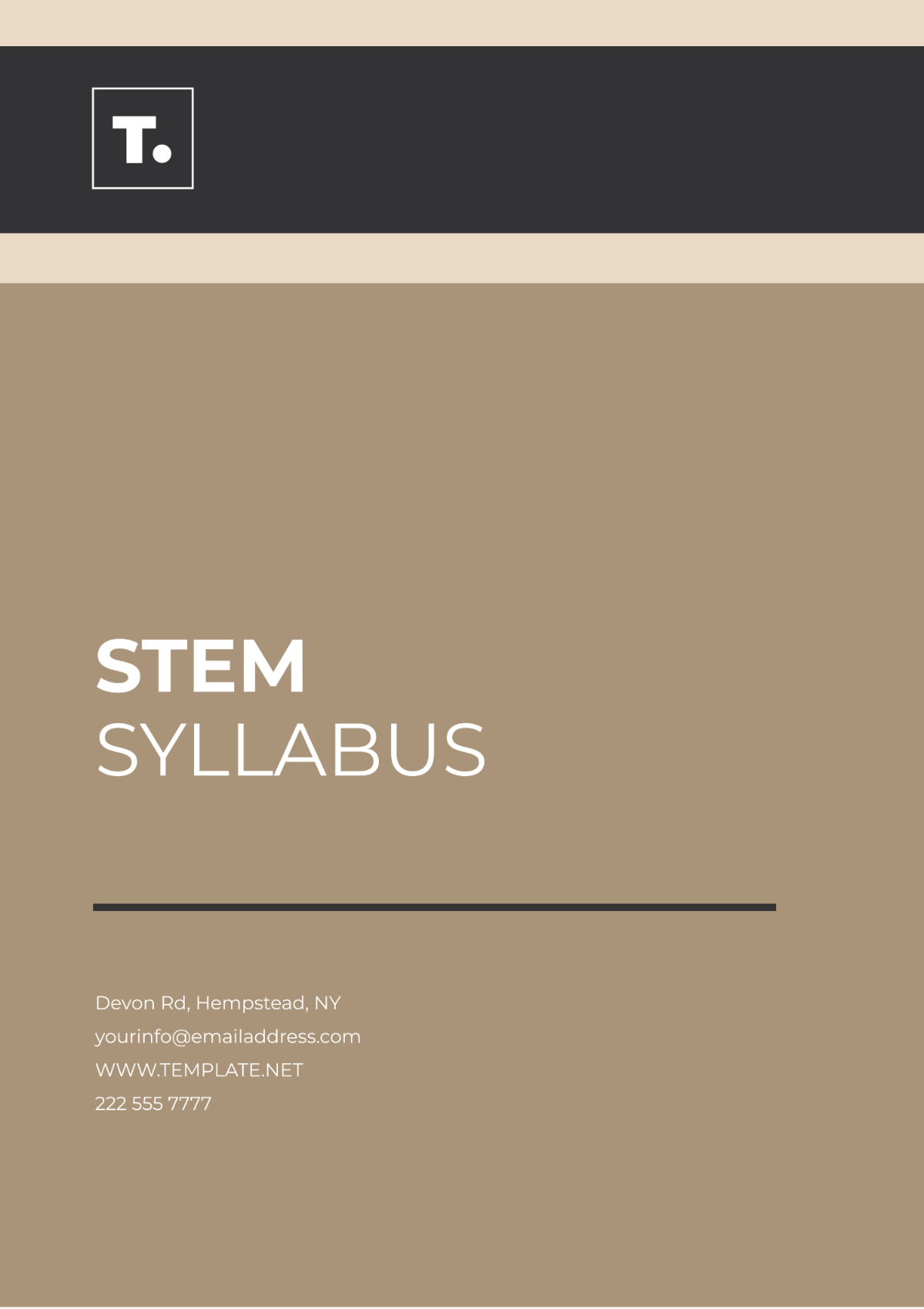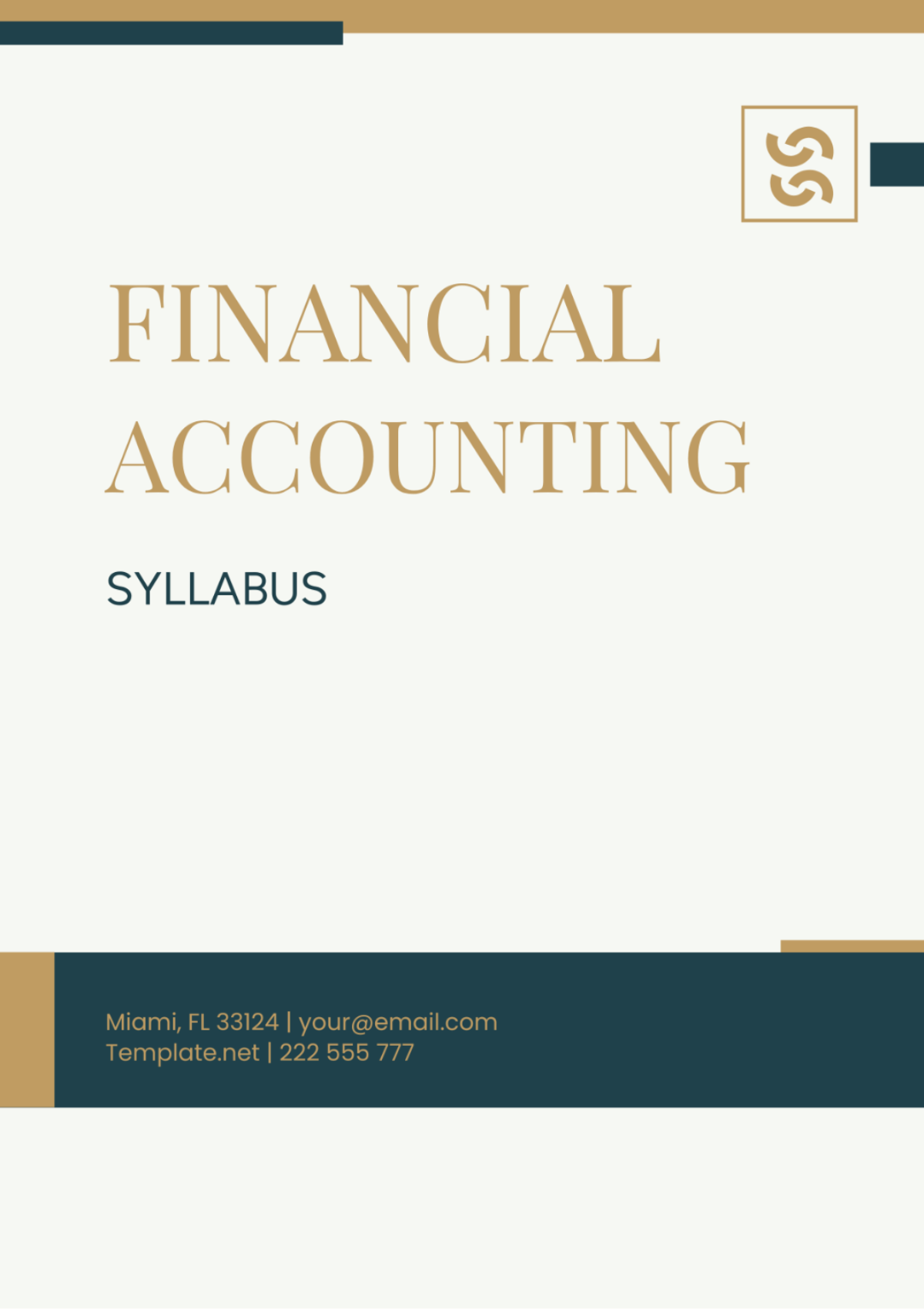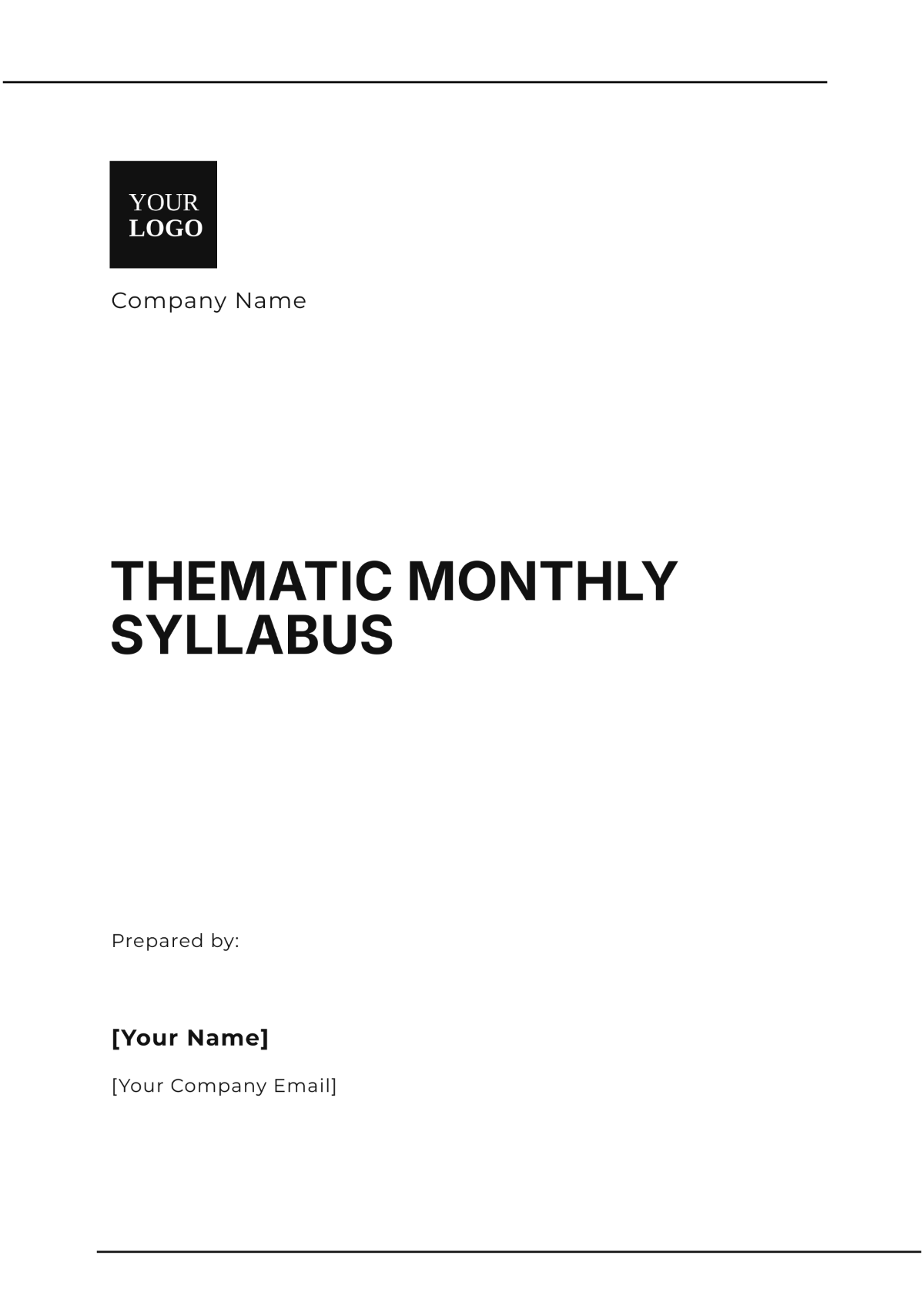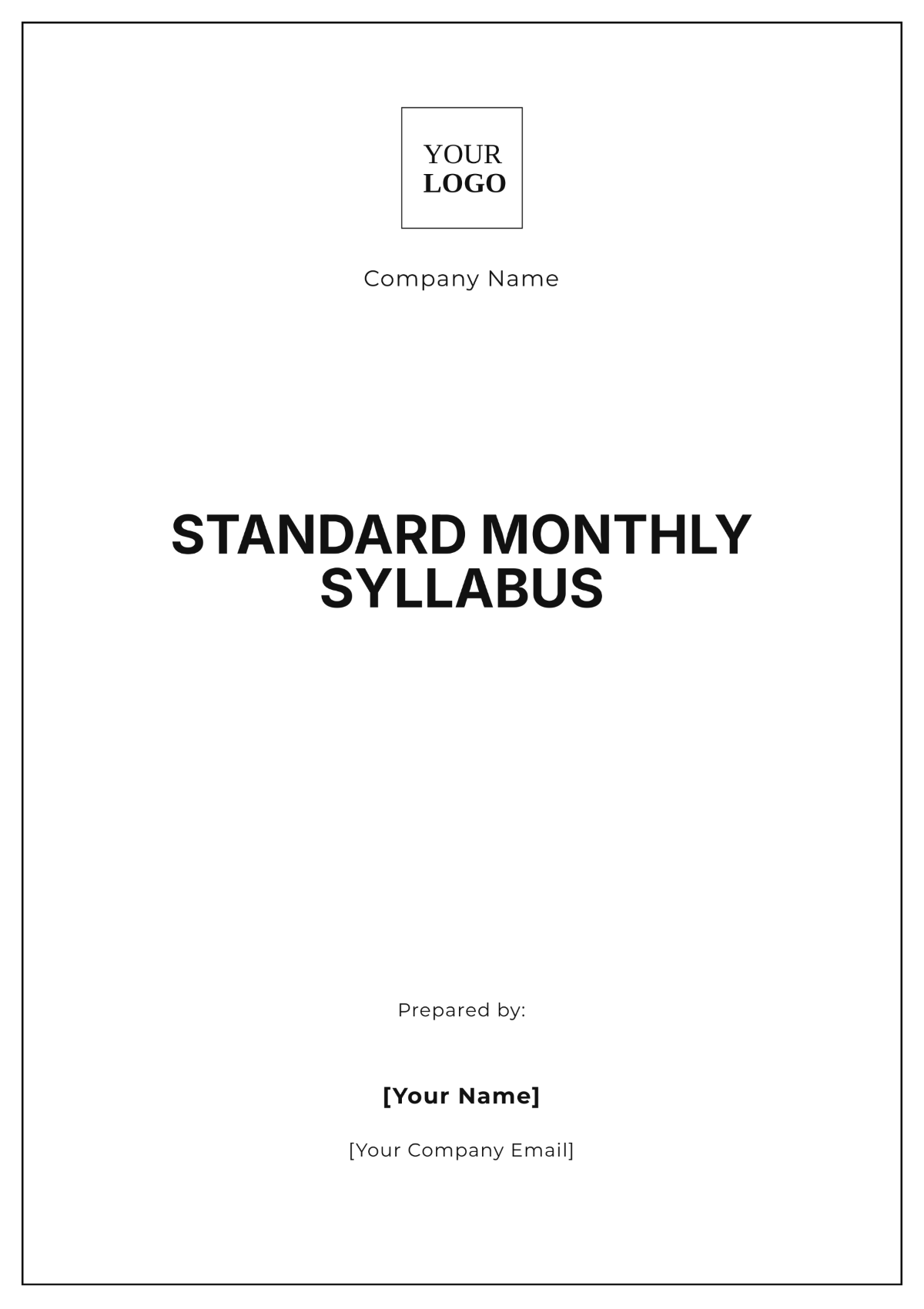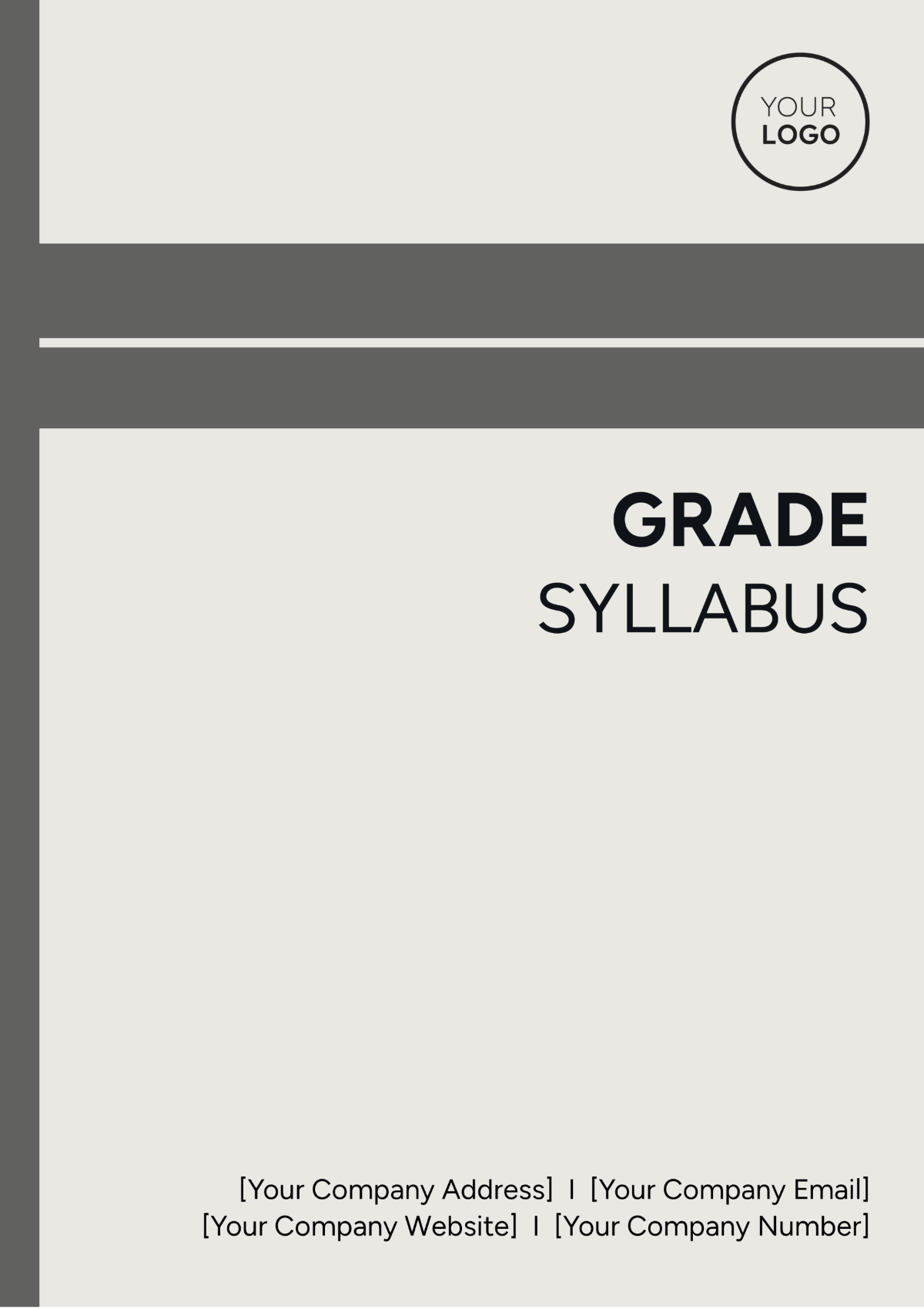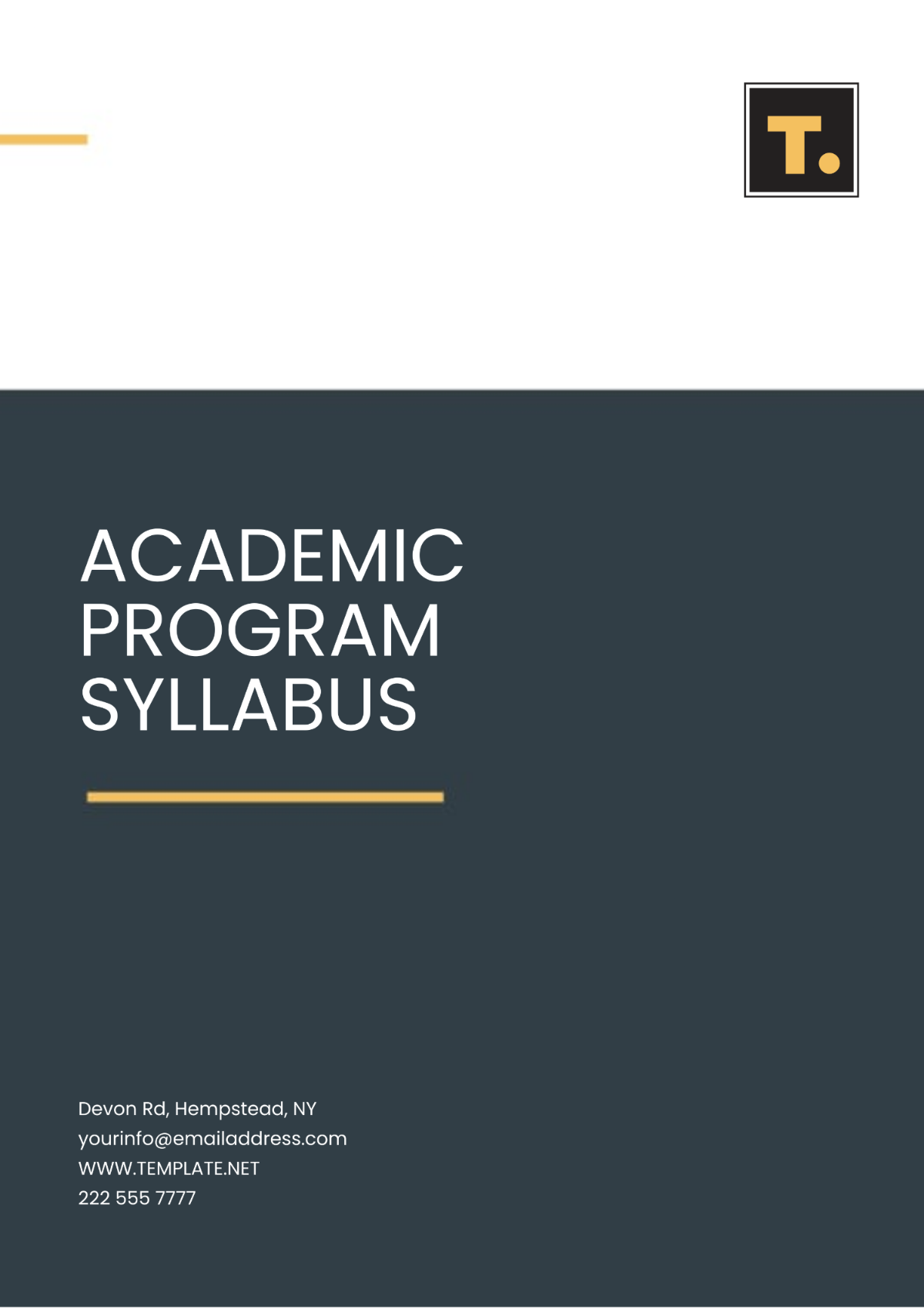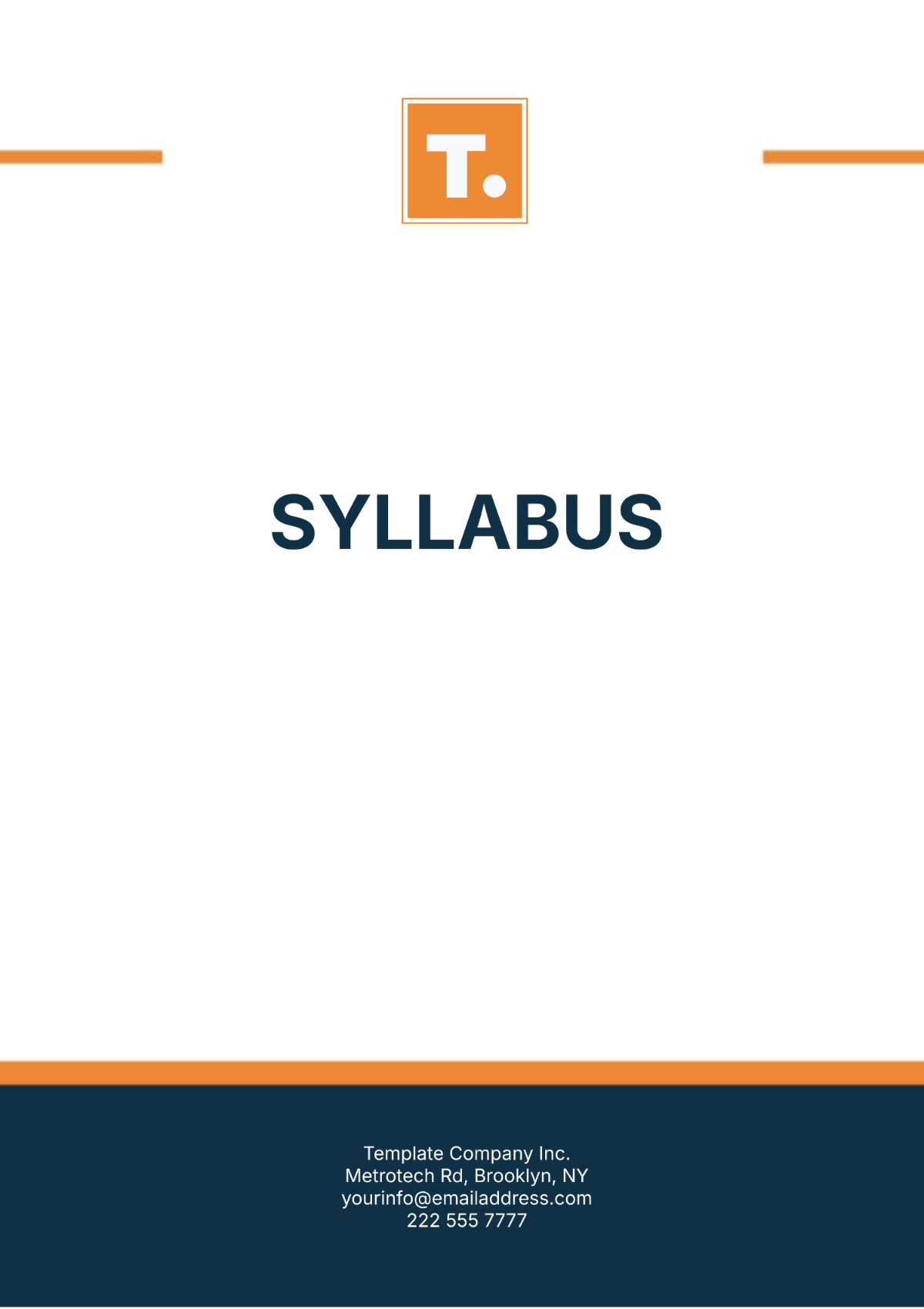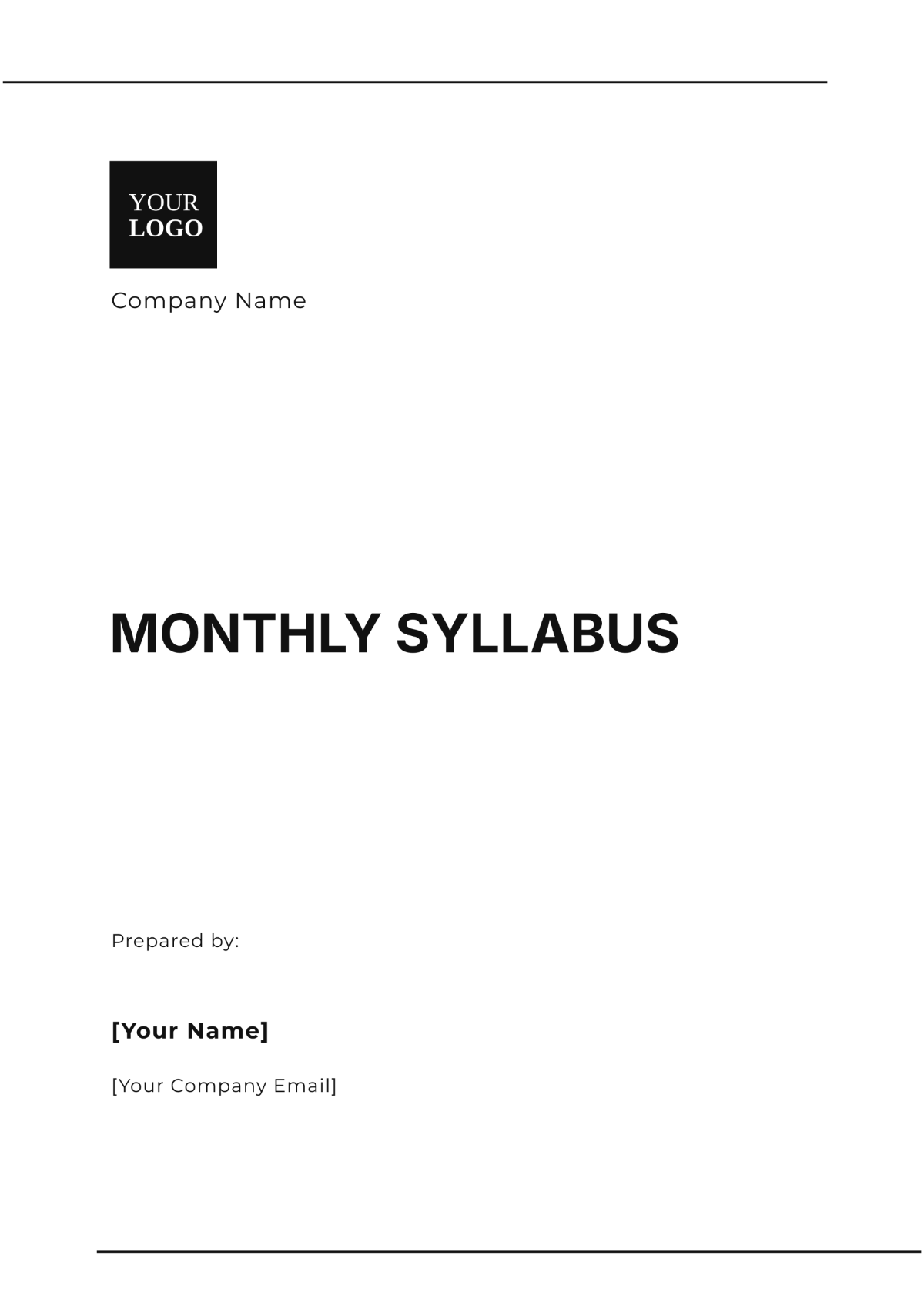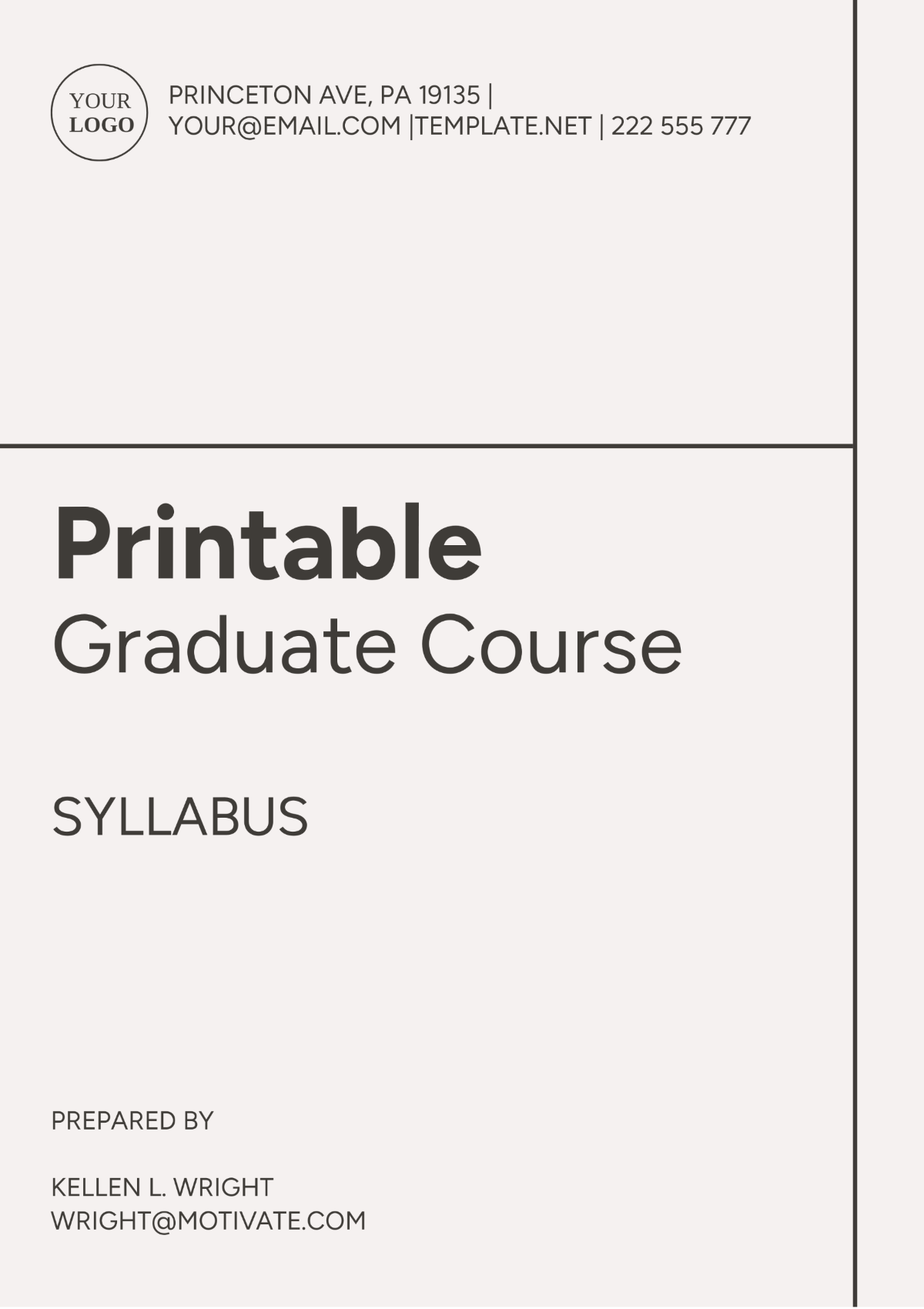Computer Science Syllabus
Computer Science Course
Course Title | [COURSE TITLE] |
Course Code | [COURSE CODE] |
Office Hours | [OFFICE HOURS] |
Class Location | [CLASS LOCATION] |
Class Time | [CLASS TIME] |
Class Duration | [DATE] - [DATE] |
1. Course Description
This comprehensive course introduces the fundamental concepts in Computer Science, providing a foundation in programming fundamentals, computational logic, data structures, and algorithms. The course is designed for both educators and students to gain insightful, practical knowledge and technique in Computer Science.
2. Instructor Information
Instructor: [YOUR NAME]
Contact: [YOUR EMAIL]
Organization: [YOUR COMPANY NAME]
3. Learning Objectives
Understand and apply fundamental concepts of computer science.
Develop problem-solving skills using computational logic and algorithms.
Gain proficiency in a high-level programming language.
Understand management and manipulation of data using data structures.
Be prepared for advanced topics in computer science and other fields that use computational techniques.
4. Course Schedule
Week | Topic | Reading |
|---|---|---|
1 | Introduction to Computer Science | Chapters 1 |
2 | Programming Fundamentals | Chapters 2-3 |
3 | Data Structures | Chapters 4-5 |
4 | Algorithms | Chapters 6-7 |
5 | Software Engineering | Chapters 8-9 |
6 | Databases | Chapters 10-11 |
7 | Computer Networks | Chapters 12-13 |
8 | Operating Systems | Chapters 14-15 |
5. Required Reading and Materials
“Computer Science Illuminated”, by Nell Dale and John Lewis
“Algorithms Unlocked”, by Thomas H. Cormen
“Introduction to the Theory of Computation”, by Michael Sipser
Programming software/compiler (Python/Java)
Notebooks for assignments and lecture notes
6. Assignments and Assessments
Weekly programming assignments to reinforce the learned concepts.
Midterm and final exams covering theoretical concepts.
A final project, demonstrating mastery of a broad cross-section of course content.
Participation in class discussions, both offline and online.
Reading and reviewing research articles, to encourage critical thinking and to keep up-to-date with latest trends.
7. Course Policy
Absence from more than two lectures will lead to a downgrade.
Assignments must be submitted before the given deadline. Late submission will cost 5% per day, max 5 days.
All work is expected to be individual unless otherwise specified.
Education and respect should be demonstrated to all group members and instructors.
All students are expected to understand and adhere to the university’s policies on academic honesty and ethics.
8. Grading Policy
Criteria | Percentage |
|---|---|
Assignments | 30% |
Mid-term exam | 20% |
Final exam | 30% |
Final Project | 10% |
Participation | 10% |
Total | 100% |
Disclaimer
The syllabus for this particular course isn't set in stone and might undergo certain changes or additions as the course moves forward. Rest assured, any adjustments or changes that are necessary to be made in the syllabus will not be abrupt or unexpected. Instead, these modifications will be thoroughly communicated to all concerned parties and will be announced adequately ahead of time, ensuring that everyone is well-prepared and fully informed.

